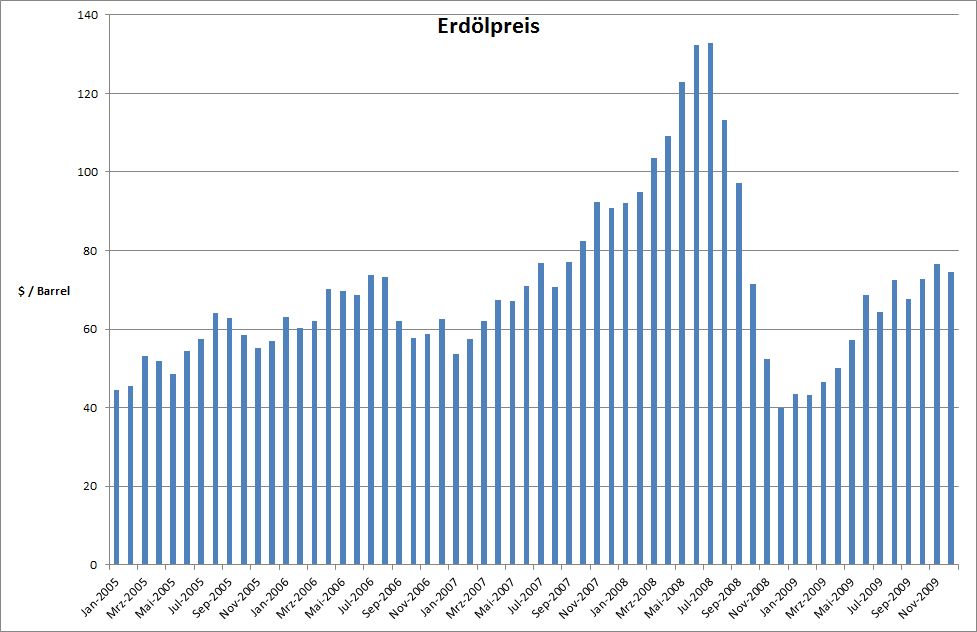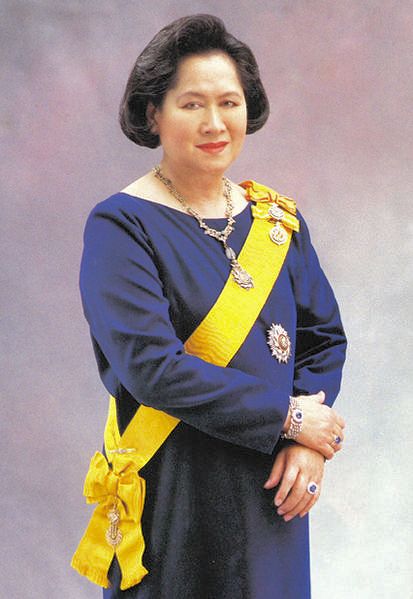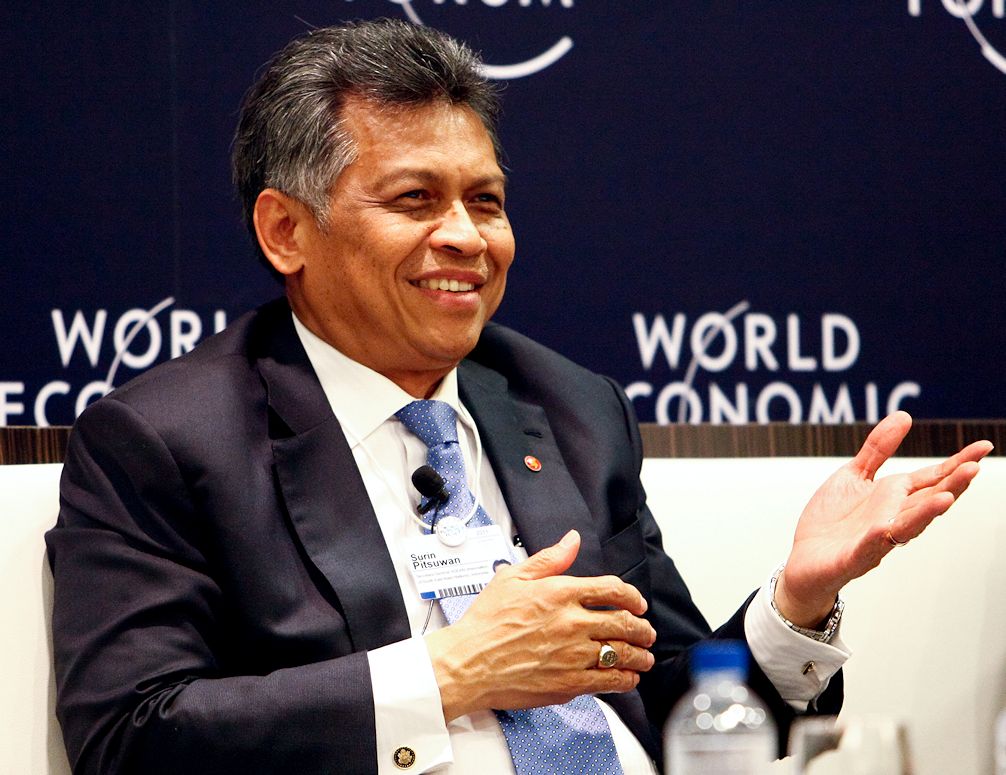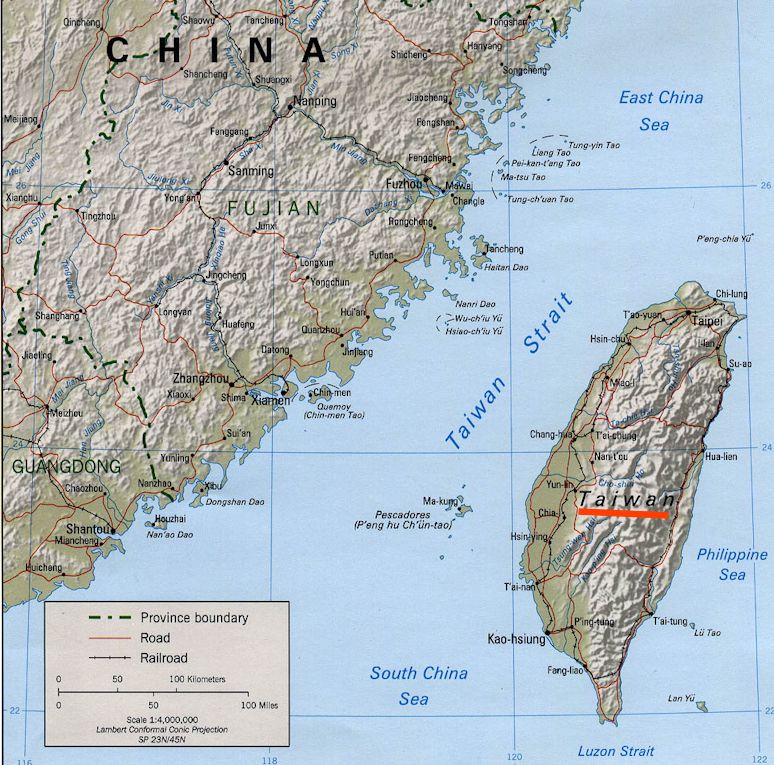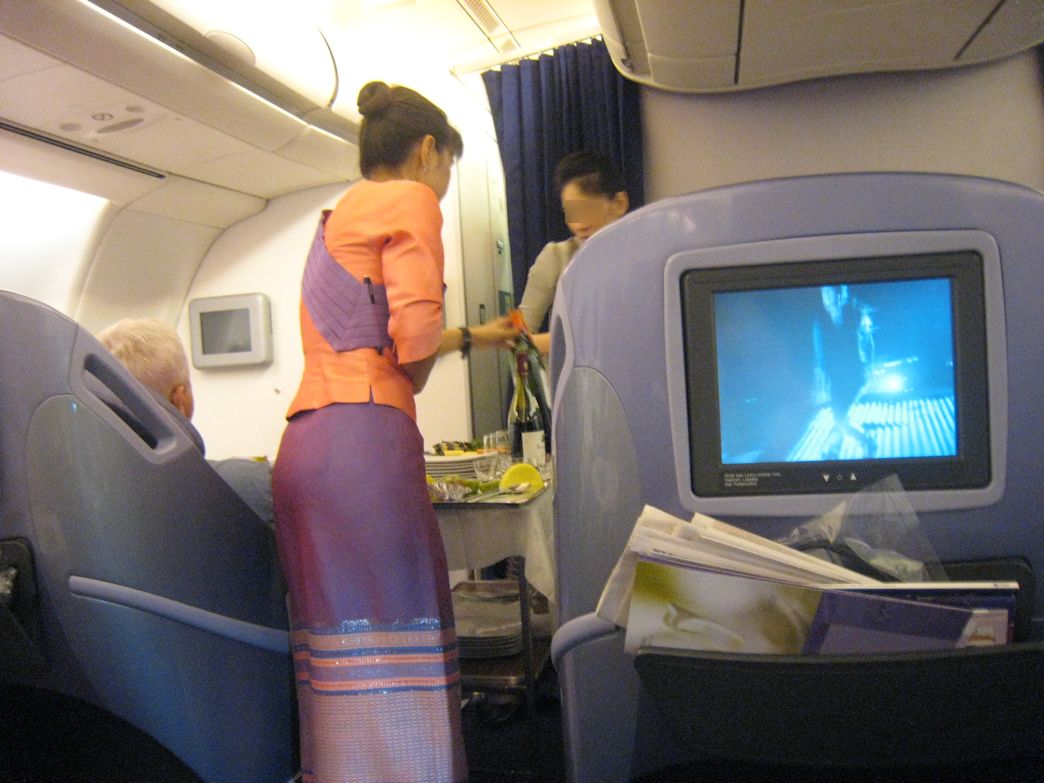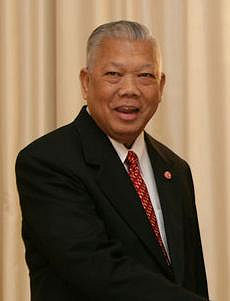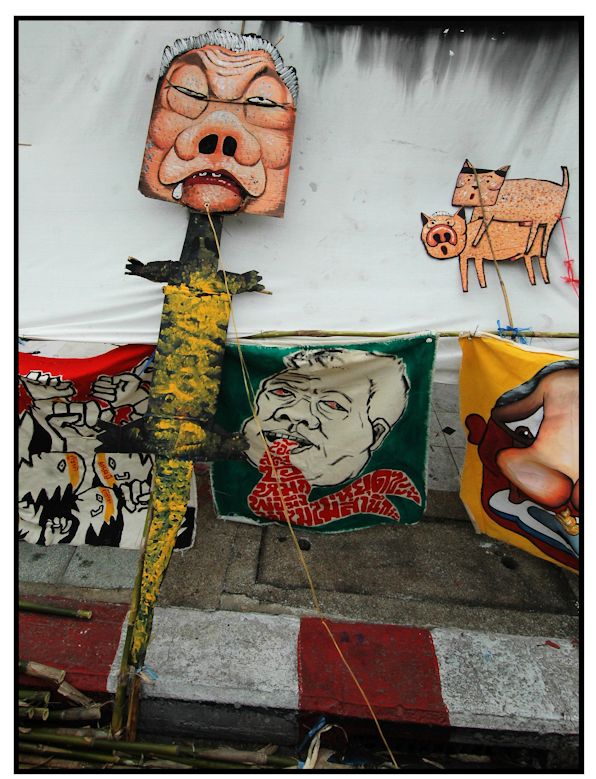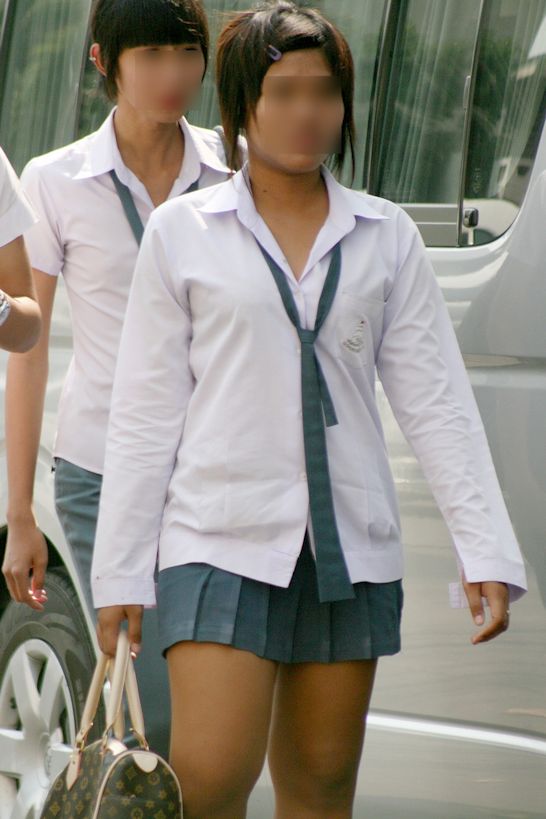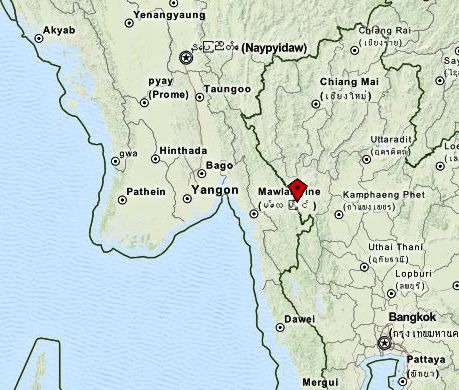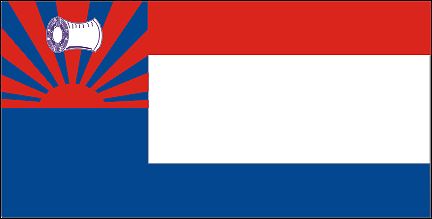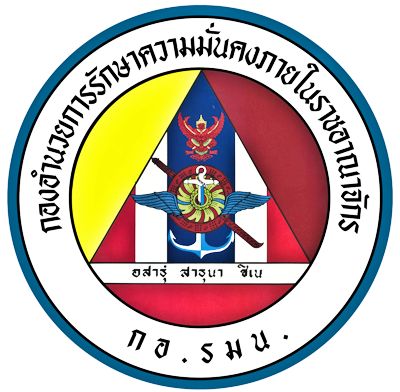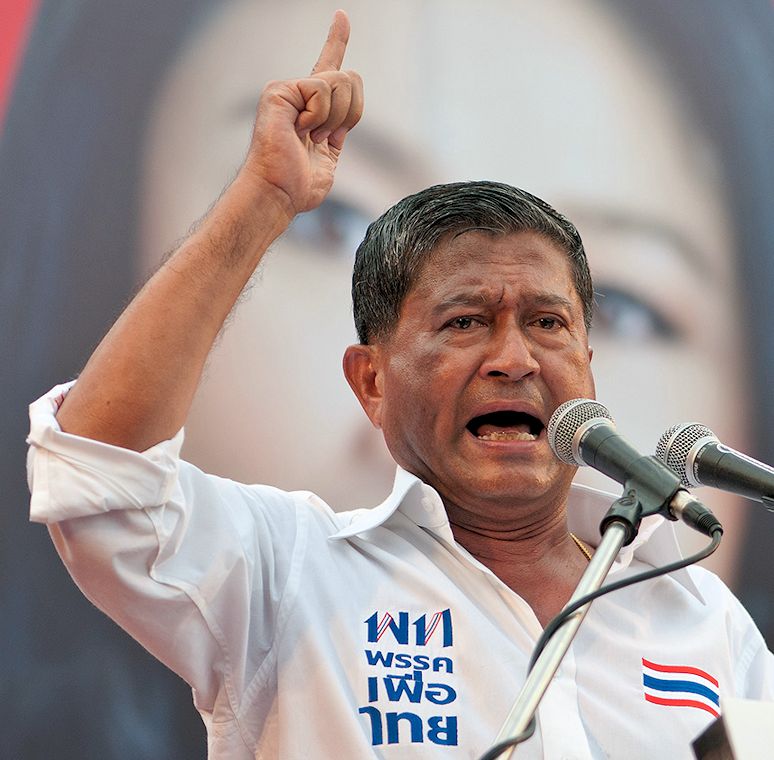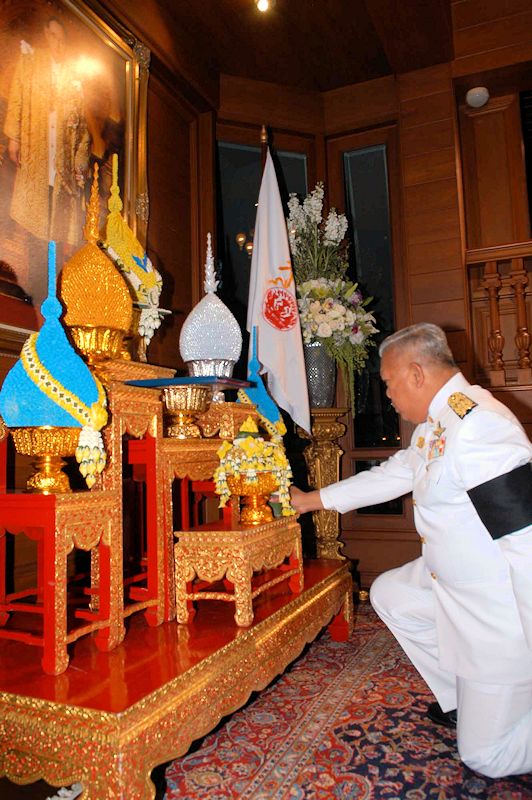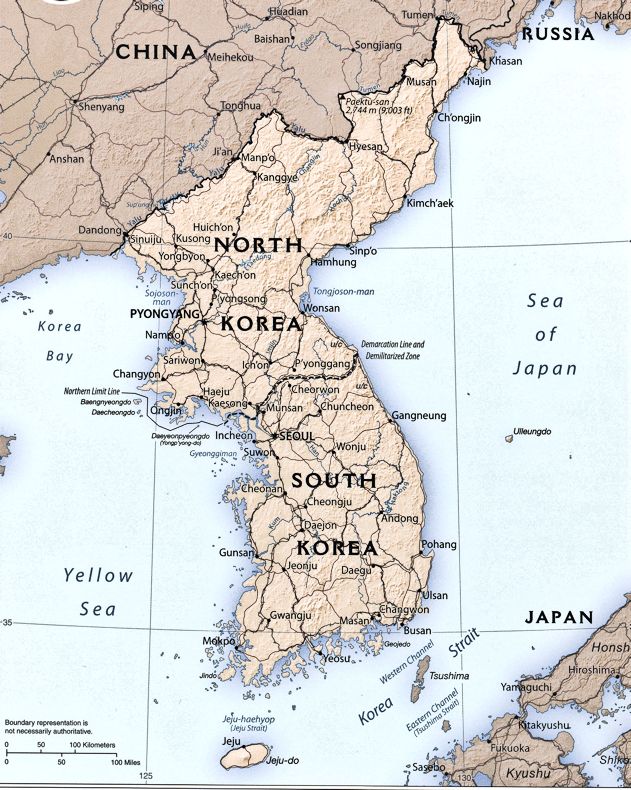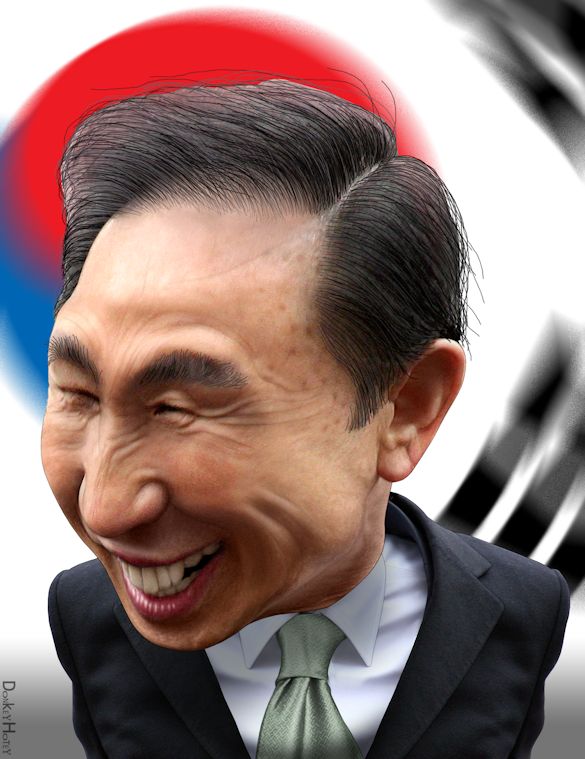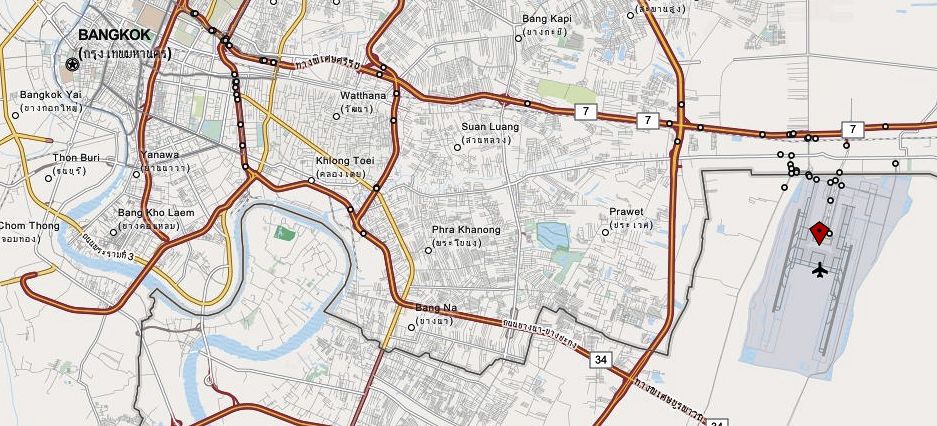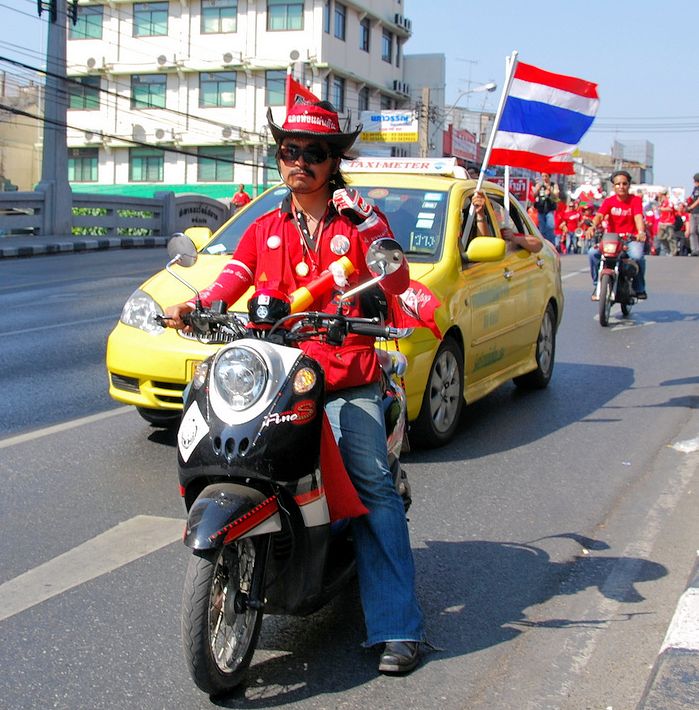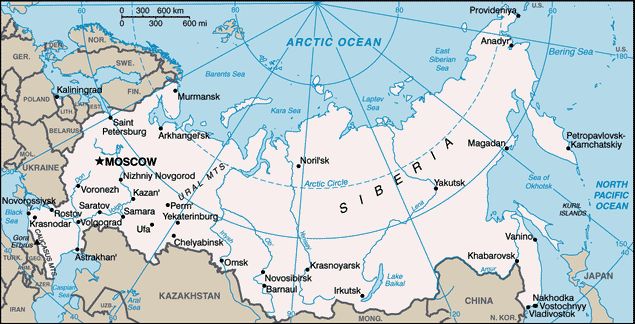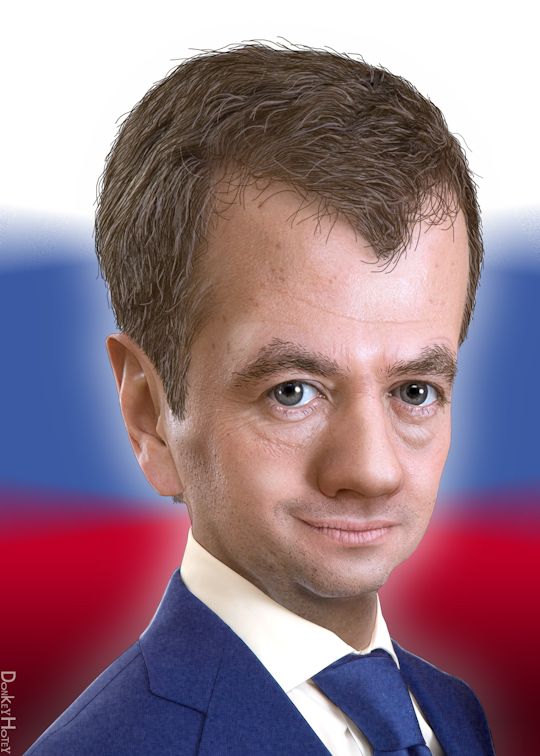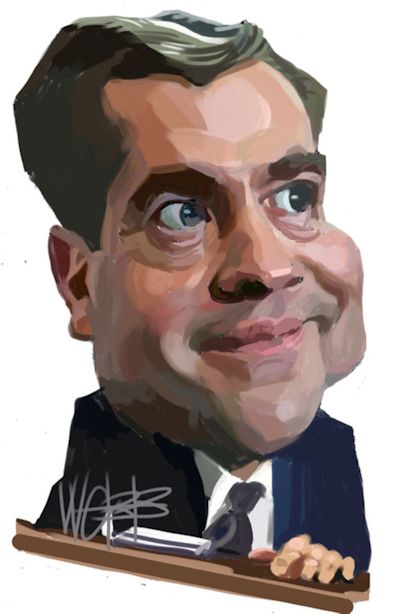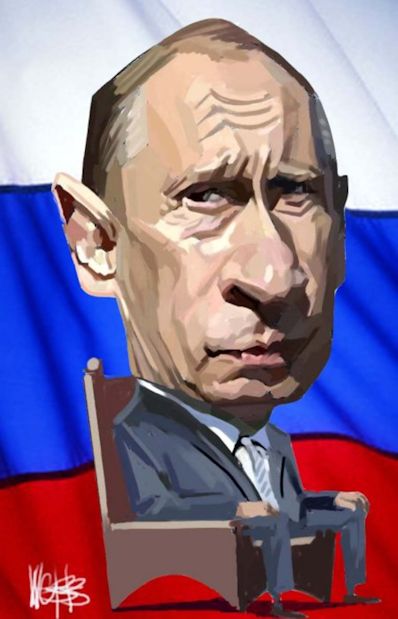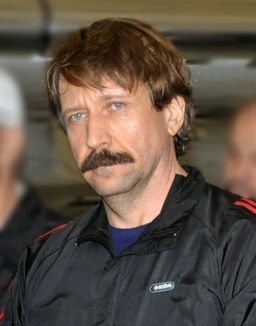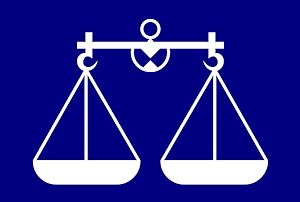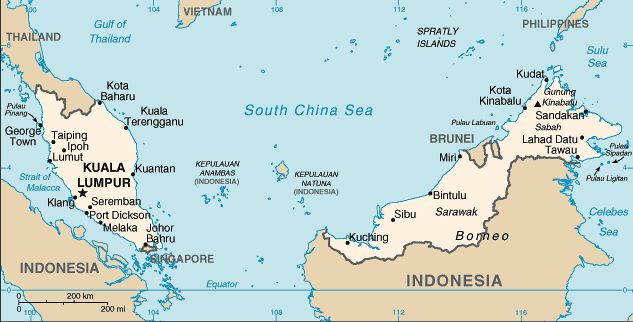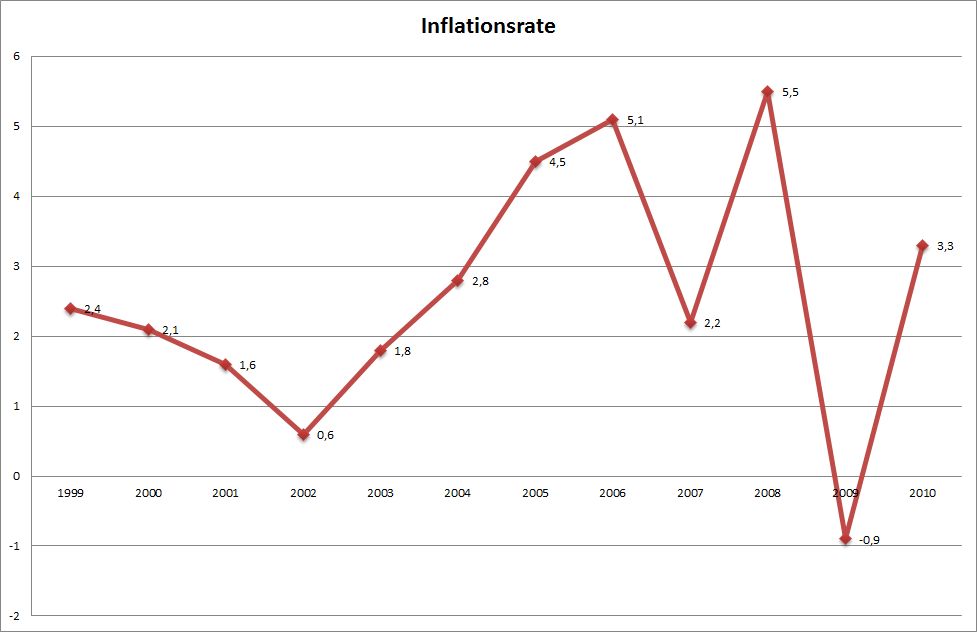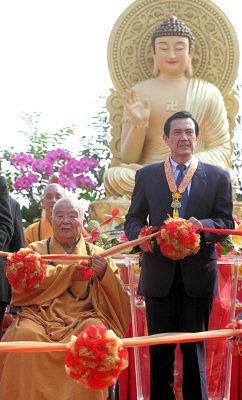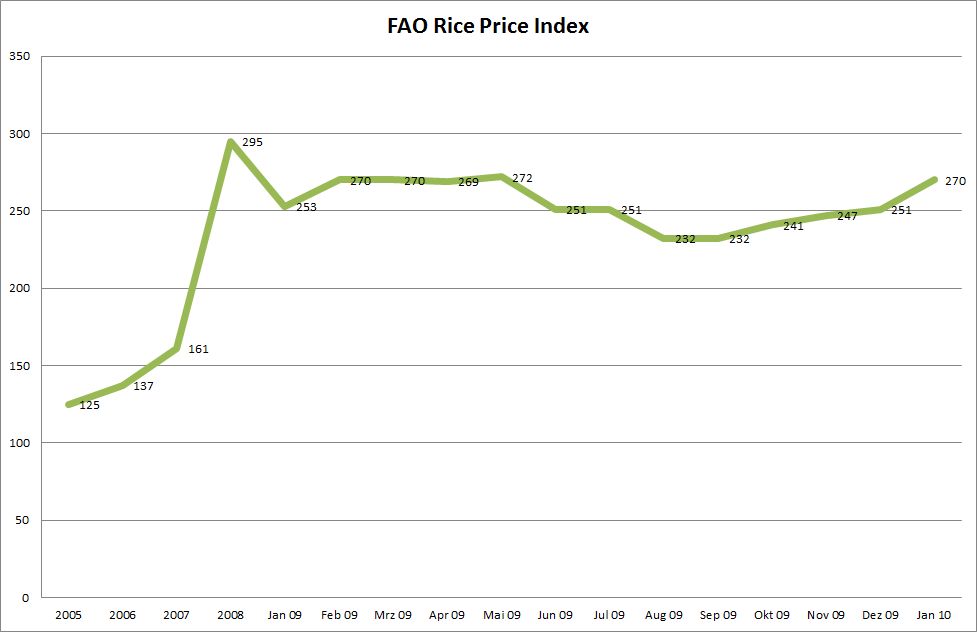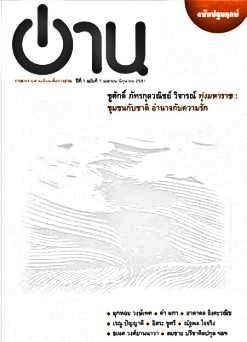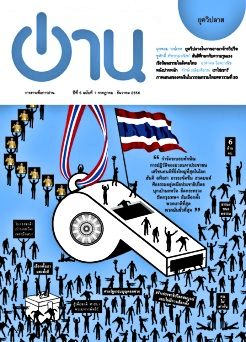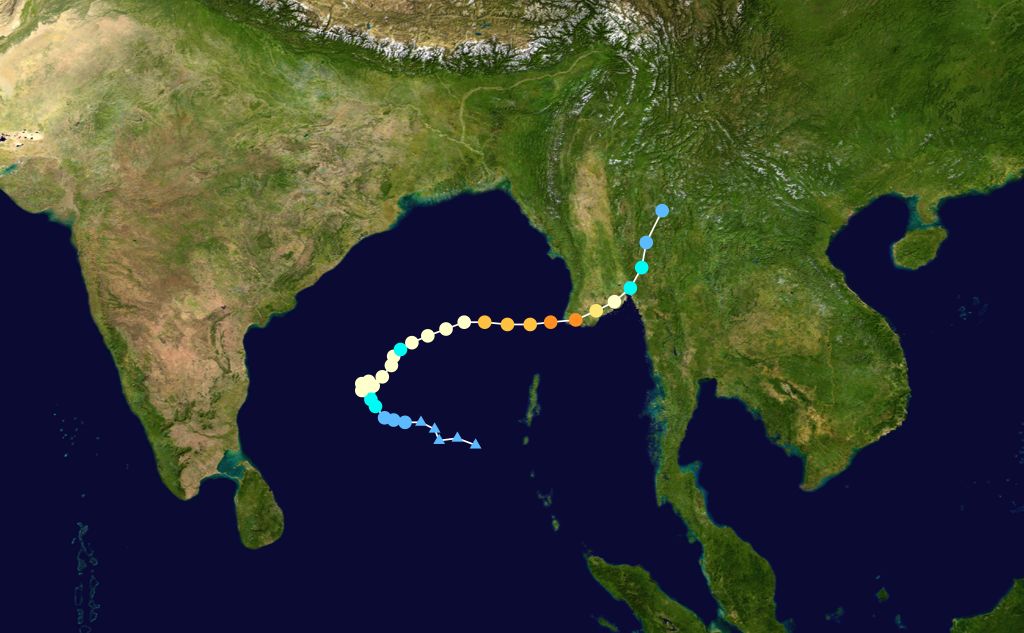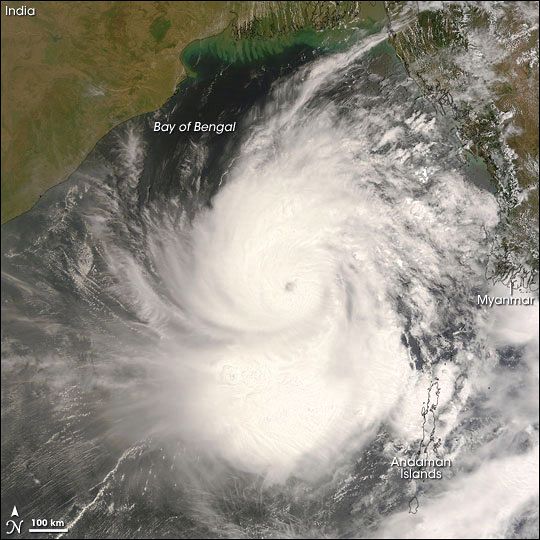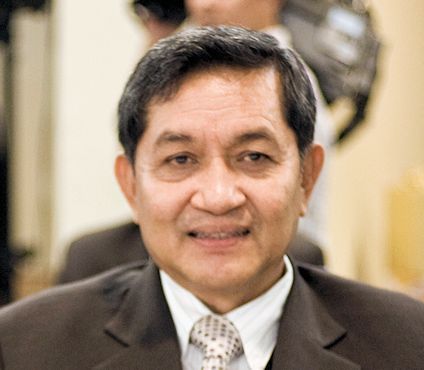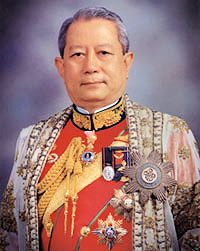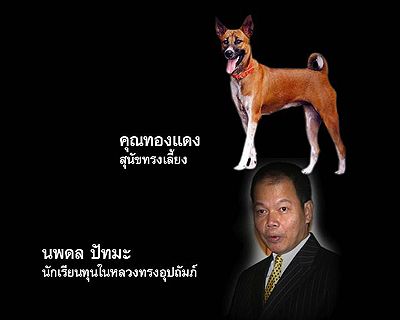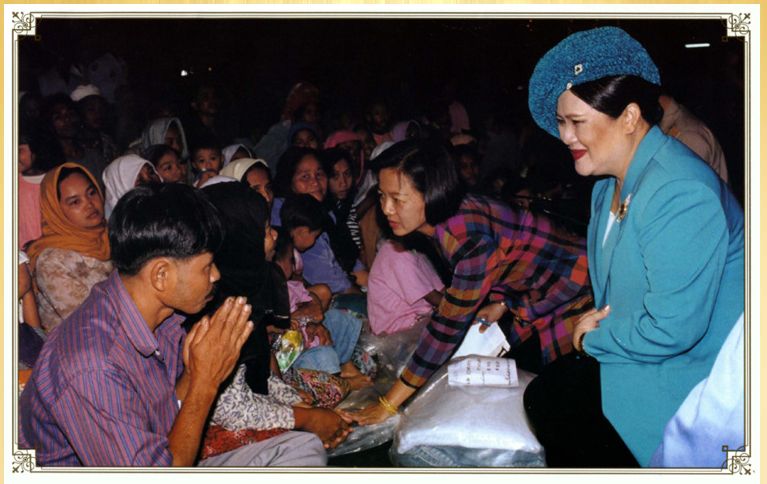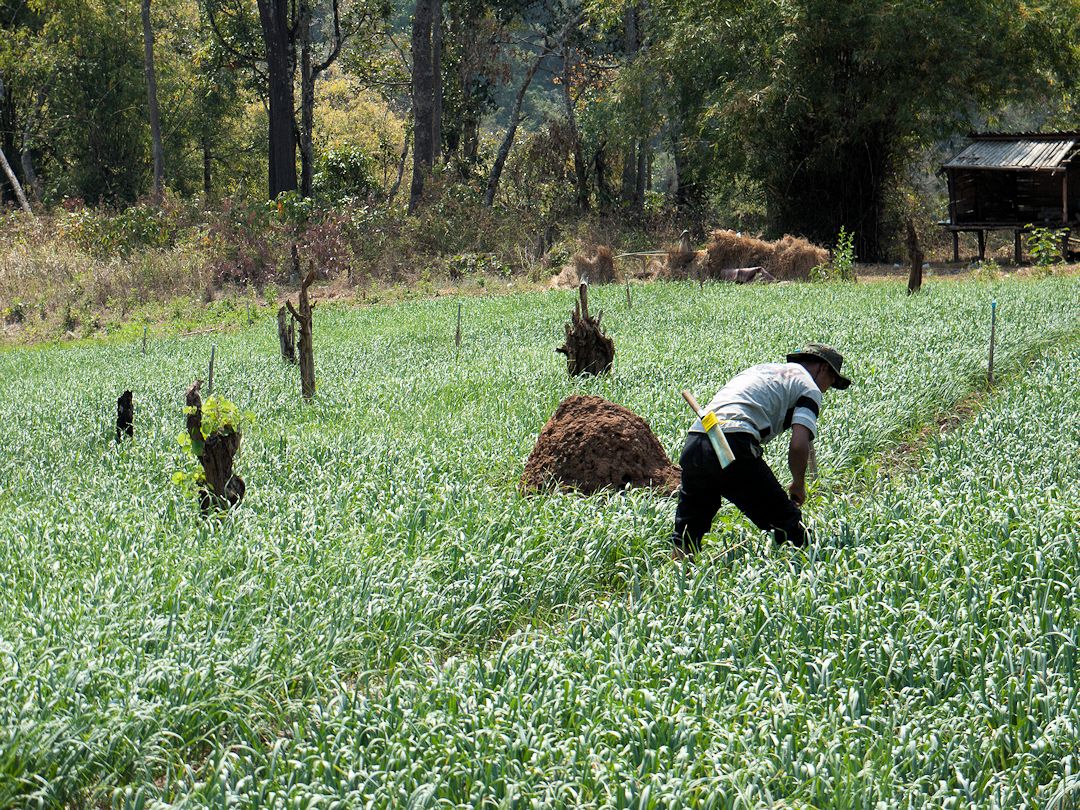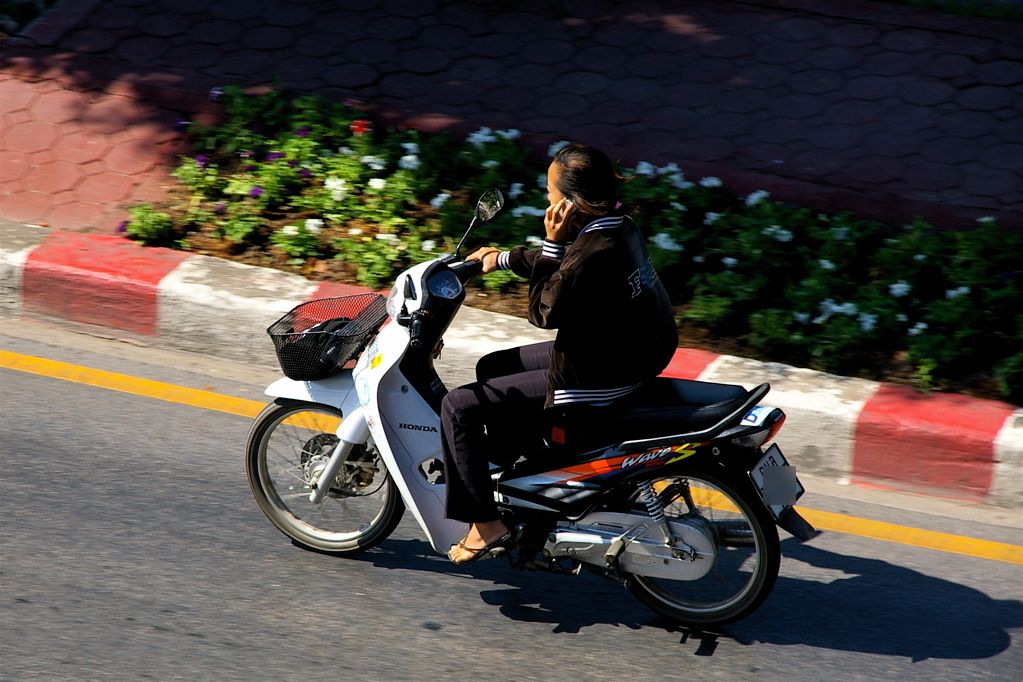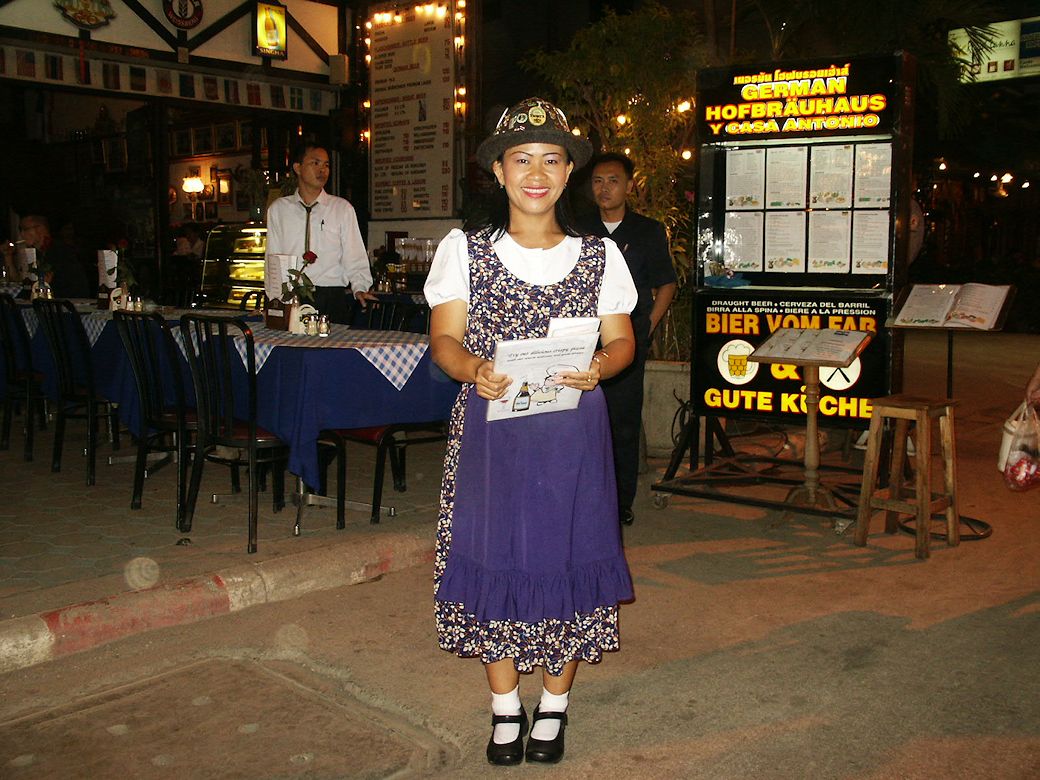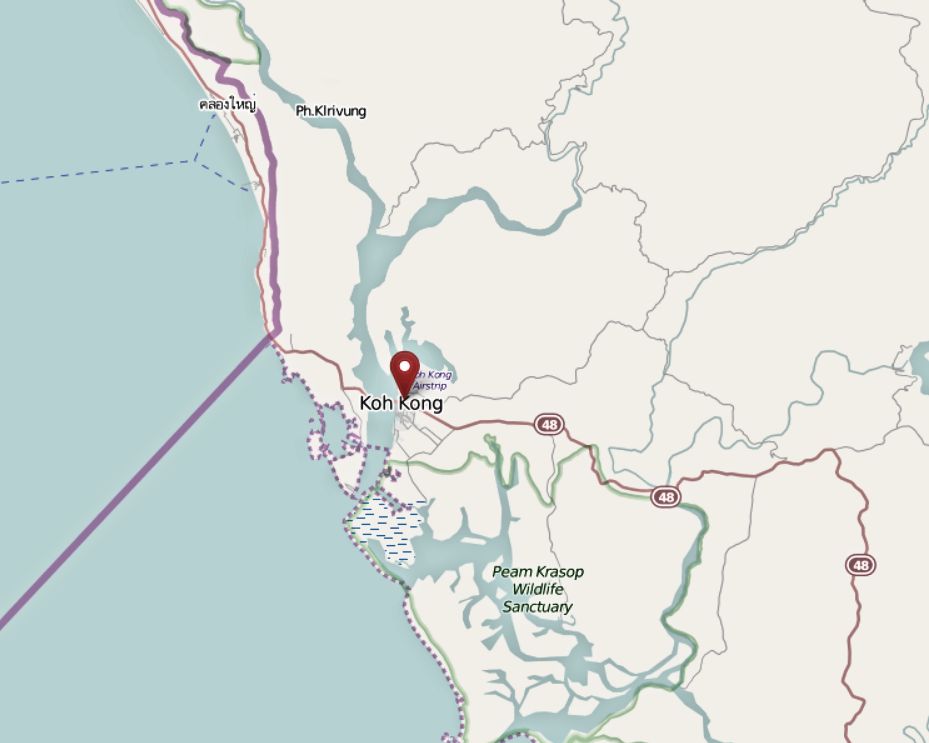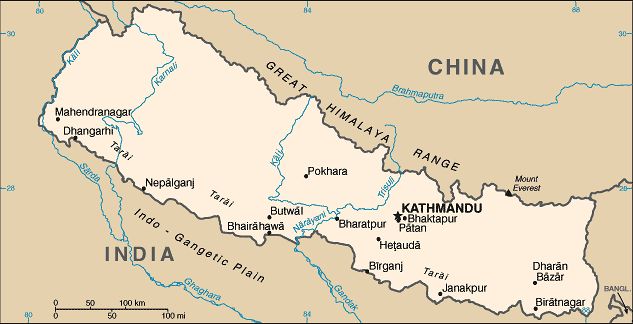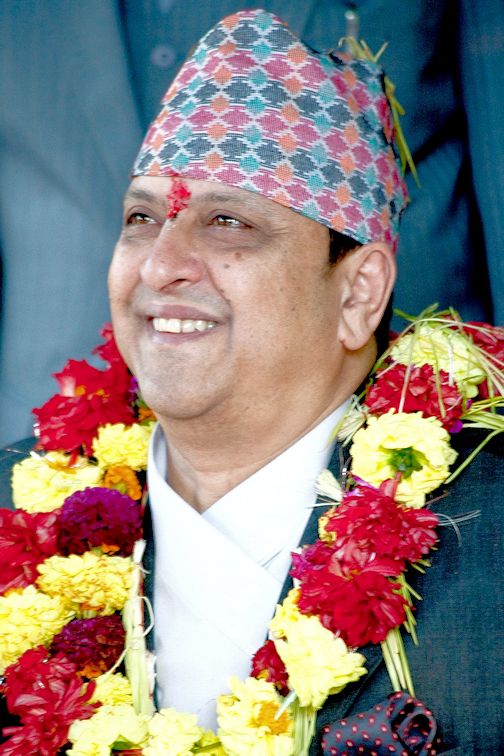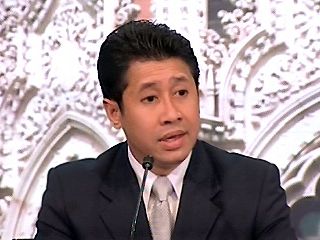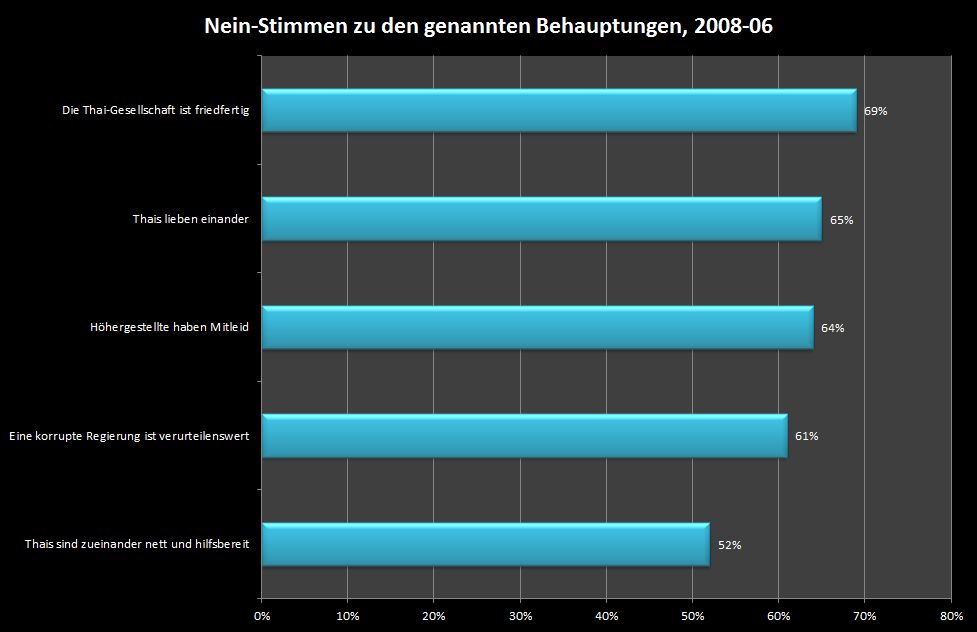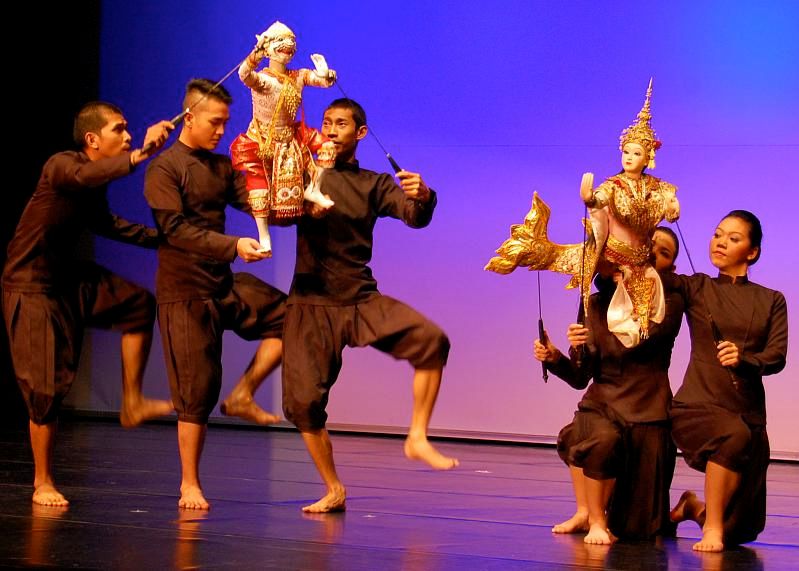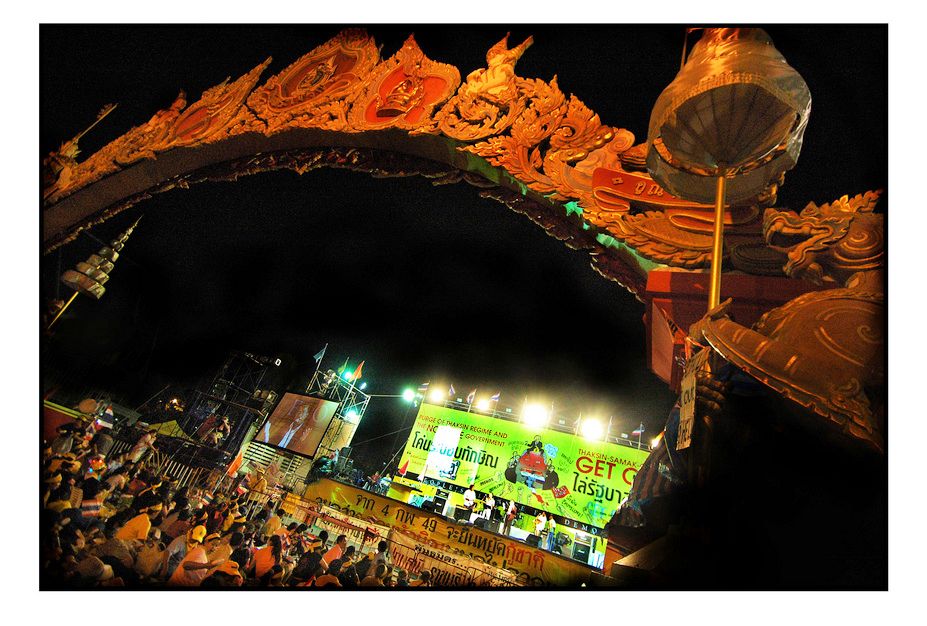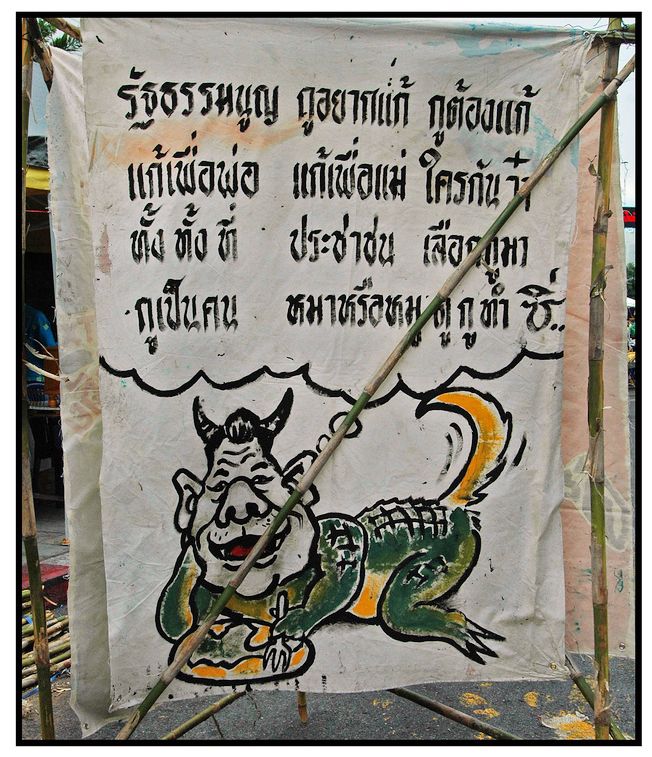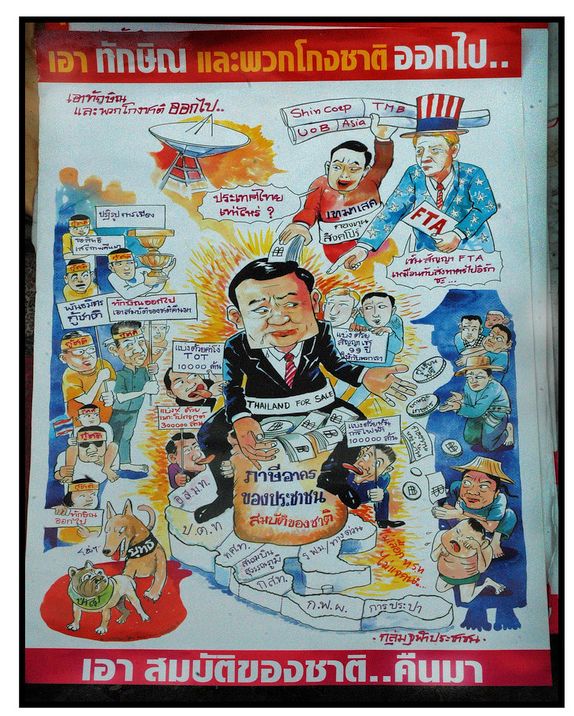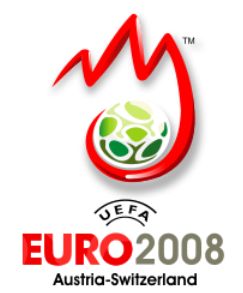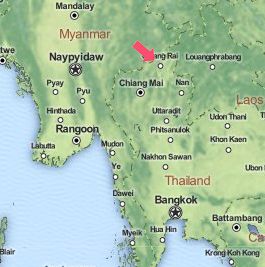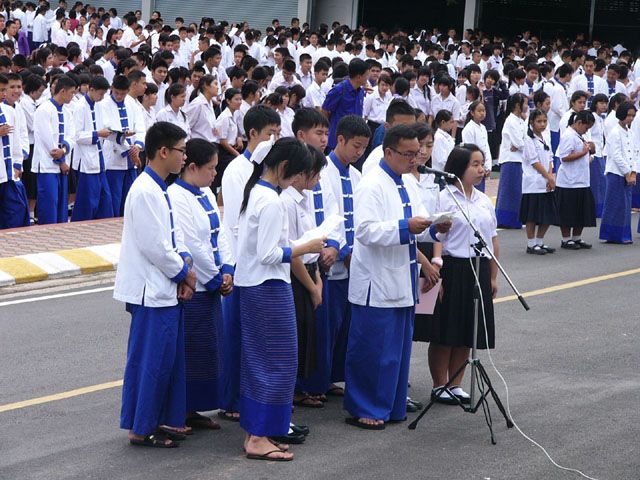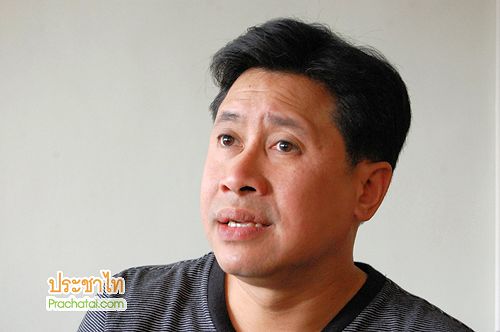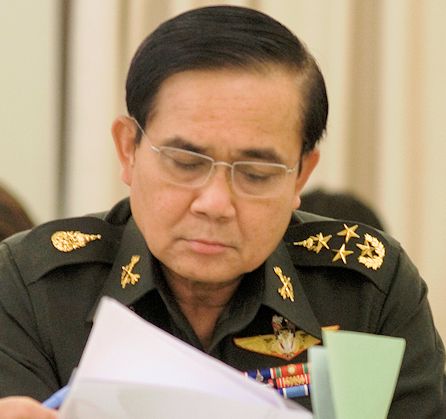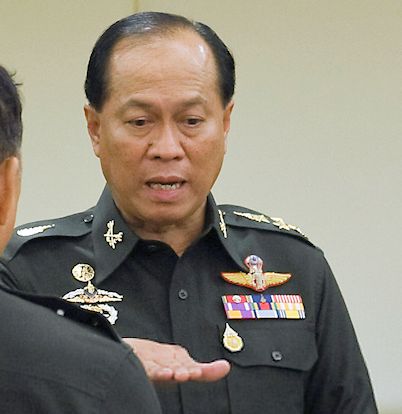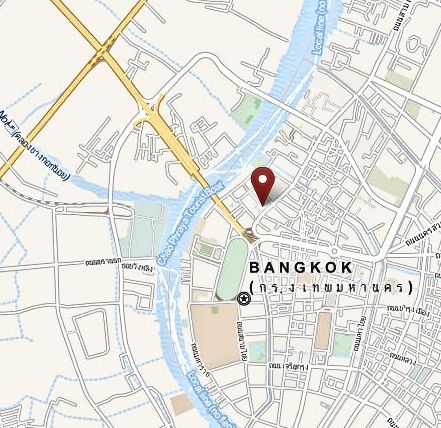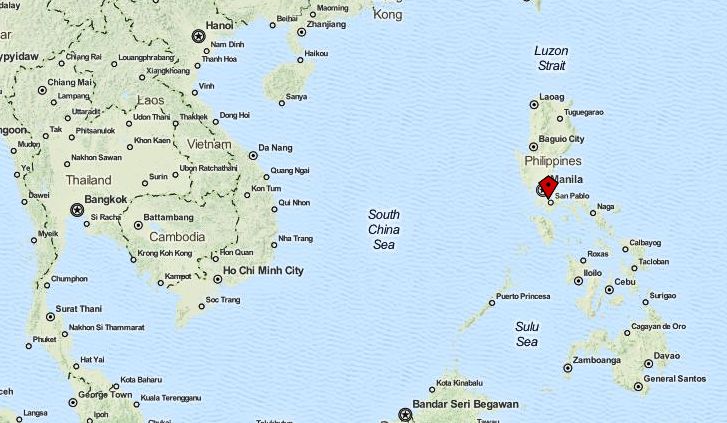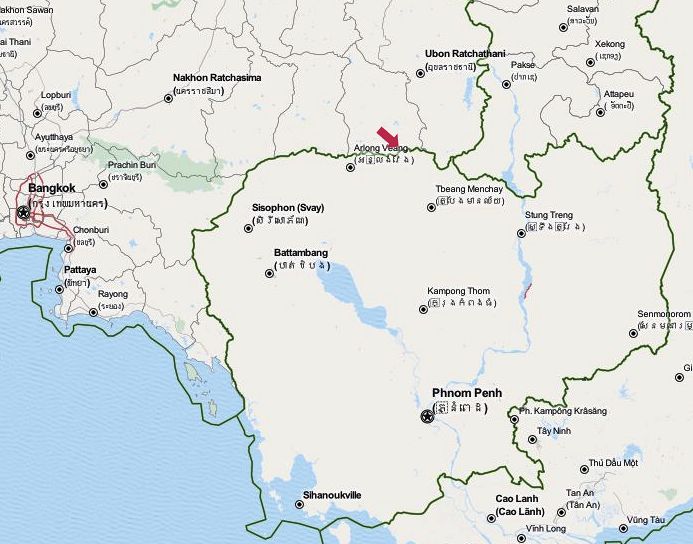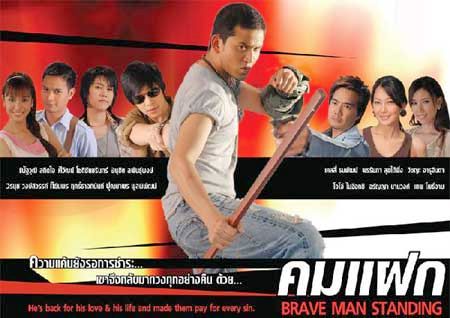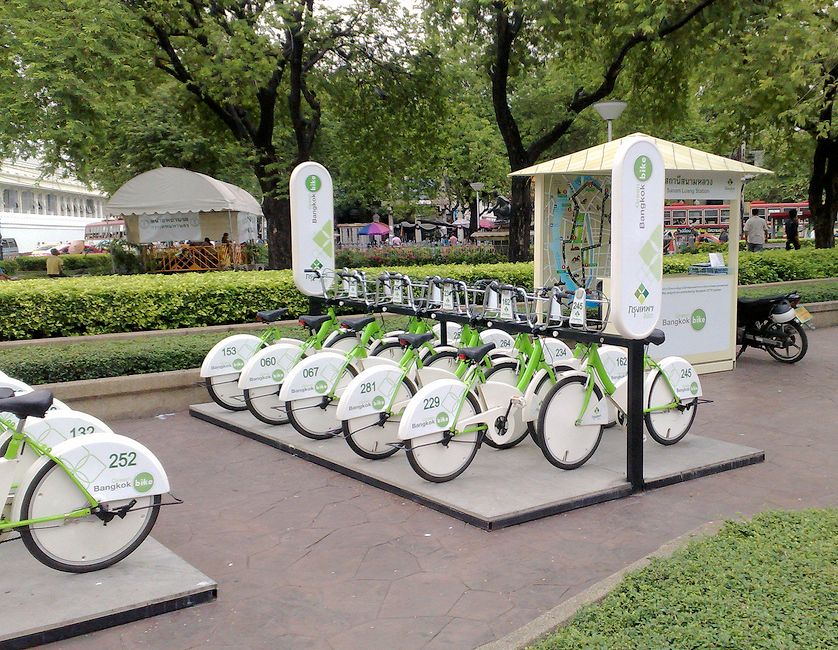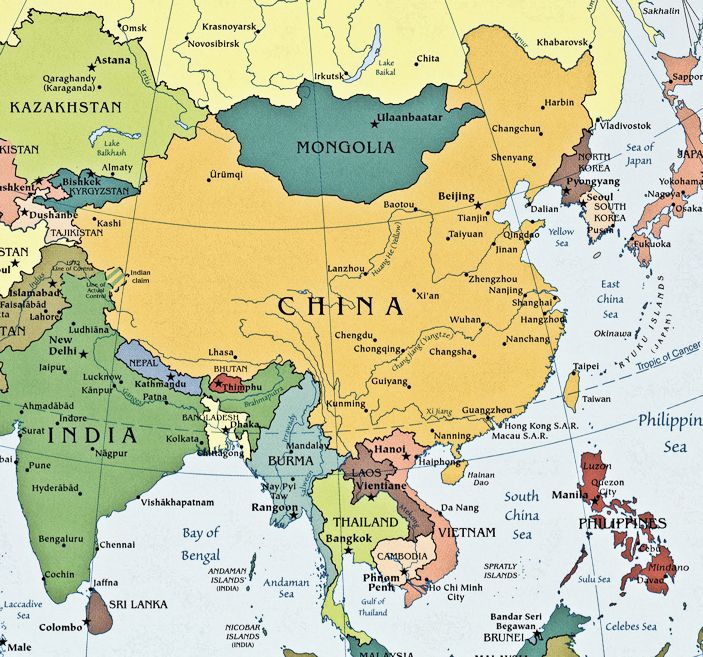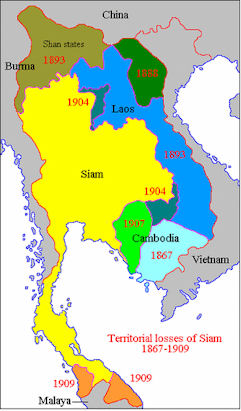
Chronik Thailands
กาลานุกรมสยามประเทศไทย
von
Alois Payer
Chronik 2008 / B. E. 2551
2. Januar bis Juni
Zitierweise / cite as:
Payer, Alois <1944 - >: Chronik Thailands = กาลานุกรมสยามประเทศไทย. -- Chronik 2008 / B. E. 2551. -- 2. Januar bis Juni. -- Fassung vom 2017-03-21. -- URL: http://www.payer.de/thailandchronik/chronik2008b.htm
Erstmals publiziert: 2013-04-02
Überarbeitungen: 2017-03-21 [Ergänzungen] ; 2016-12-31 [Ergänzungen] ; 2016-11-11 [Ergänzungen] ; 2016-08-15 [Ergänzungen] ; 2016-01-02 [Ergänzungen] ; 2015-01-20 [Ergänzungen] ; 2014-11-03 [Ergänzungen] ; 2014-10-17 [Ergänzungen] ; 2014-09-05 [Ergänzungen] ; 2014-02-27 [Ergänzungen] ; 2014-02-19 [Ergänzungen] ; 2013-04-25 [Teilung des Jahrgangs] ; 2013-04-21 [Ergänzungen] ; 2013-04-14 [Ergänzungen] ; 2013-04-03 [Ergänzungen]
©opyright: Dieser Text steht der Allgemeinheit zur Verfügung. Eine Verwertung in Publikationen, die über übliche Zitate hinausgeht, bedarf der ausdrücklichen Genehmigung des Herausgebers.
Dieser Text ist Teil der Abteilung
Thailand von
Tüpfli's Global Village Library
ช้างตายทั้งตัวเอาใบบัวปิดไม่มิด
|
Gewidmet meiner lieben Frau Margarete Payer die seit unserem ersten Besuch in Thailand 1974 mit mir die Liebe zu den und die Sorge um die Bewohner Thailands teilt. |
|
Bei thailändischen Statistiken muss man mit allen Fehlerquellen rechnen, die in folgendem Werk beschrieben sind:
Die Statistikdiagramme geben also meistens eher qualitative als korrekte quantitative Beziehungen wieder.
|
2551 / 2008 Januar bis Juni
2008-01-02
Der Preis für ein Barrel (159 l) Erdöl (Sorte West Texas Intermediate - WTI) erreicht die historische Höchstmarke von $100. Einer der Gründe für die hohen Ölpreise ist der steigende Ölbedarf Chinas.
Abb.: Entwicklung der Erdölpreise ($ / Barrel) (Nordsee-Sorte Brent) 2005 - 2009
[Datenquelle: Energy Information Administration EIA)
2008-01-02 2:54
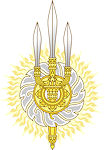
Tod durch Darmkrebs von Prinzessin Galyani Vadhana (สมเด็จพระเจ้าพี่นางเธอ เจ้าฟ้ากัลยาณิวัฒนา กรมหลวงนราธิวาสราชนครินทร์, geb. 1923), der Schwester des Königs. Staatstrauer: Staatsbedienstete müssen 15 Tage lang Trauer tragen.
Abb.: Prinzessin Galyani Vadhana (สมเด็จพระเจ้าพี่นางเธอ เจ้าฟ้ากัลยาณิวัฒนา กรมหลวงนราธิวาสราชนครินทร์)
[Bildquelle: th.Wikipedia. -- Fair use]
"Galyani Vadhana (Thai: สมเด็จพระเจ้าพี่นางเธอ เจ้าฟ้ากัลยาณิวัฒนา กรมหลวงนราธิวาสราชนครินทร์; * 6. Mai 1923 in London; † 2. Januar 2008 in Bangkok) war ein Mitglied der thailändischen Königsfamilie und die einzige Schwester von König Bhumibol Adulyadej (Rama IX.). Ihr formaler Name und Titel war Somdej Phra Chao Phinang Ther Chao Fa Galyani Vadhana Kromma Luang Narathiwat Rajanagarindra (Aussprache: [sŏmdèt pʰrájâo pʰîːnaŋtʰəː jâofáː kanjaní wátʰánaː kromlŭaŋ náratʰíwât râːt nákʰarin], etwa: Ihre königliche Hoheit Prinzessin Galyani Vadhana). Biographie
Während des Zweiten Weltkrieges heiratete die Prinzessin Colonel Aram Rattanakun Seri Roeng-rit (Thai: พันเอก อร่าม รัตนกุล เสรีเริงฤทธิ์), den thailändischen Militärattaché in der Schweiz. Sie wurden Eltern einer Tochter, Thanpuying Dhasanawalaya Sornsongkram (Thai: ท่านผู้หญิง ทัศนาวลัย ศรสงคราม). 1950 ließ sich das Paar scheiden. Die Prinzessin war ab 1969 in zweiter Ehe mit Prinz Varananda Dhavaj (Thai: พระวรวงศ์เธอ พระองค์เจ้า วรานนท์ธวัช) verheiratet, der 1990 starb.
Unter der Aufsicht der Prinzessin wurden Projekte in den Bereichen Kunst und Sport gefördert. Die Prinzessin war Mäzen verschiedener Stiftungen für klassische Musik. Da sie ihre Studienzeit in der Schweiz verbrachte, sprach sie fließend Deutsch und Französisch. Sie schrieb Bücher und Gedichte und übersetzte einige französische Bücher in die thailändische Sprache.
Im Juni 2007 wurde die Prinzessin ins Siriraj Hospital (โรงพยาบาลศิริราช) gebracht, wo bei ihr Krebs diagnostiziert wurde. Im Oktober berichteten die Ärzte, dass sie einen Infarkt in der linken Gehirnhälfte erlitten habe. Sie verstarb am 2. Januar um 2.54 Uhr im Siriraj Hospital. Für den gesamten Palast, alle Angestellten des Hofes und alle öffentlich Bediensteten wurde von König Bhumibol Adulyadej ab dem Todestag eine hunderttägige Trauerphase angeordnet. Die Flaggen an allen öffentlichen Gebäuden wurden für zwei Wochen auf Halbmast gesetzt. Das Innenministerium bat alle Vergnügungstätten, ihr Programm für 15 Tage einzustellen.
BegräbnisfeierMan schätzt, dass die Feierlichkeiten zur Einäscherung von Prinzessin Galyani 300 Millionen Baht (etwa sechs Millionen Euro) gekostet haben. Es war das erste Staatsbegräbnis seit dem Tod von Srinagarindra (สมเด็จพระศรีนครินทราบรมราช ชนนี, 1900 - 1995), der Mutter von König Bhumibol, das 1996 stattgefunden hatte. Während der 62-jährigen Herrschaft von König Bhumibol ist ein Staastsbegräbnis nur vier Mal veranstaltet worden."
[Quelle: http://de.wikipedia.org/wiki/Galyani_Vadhana. -- Zugriff am 2012-01-11]
2008-01-07
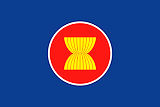
Der Thailänder Surin Pitsuwan (1949 - ) (สุรินทร์ พิศสุวรรณ / سورين عبدالحاليم بن اسماعيل ڤيتسووان ) wird für fünf Jahre Generalsekretär der ASEAN (Association of Southeast Asian Nations).
Abb.: Surin Pitsuwan (สุรินทร์ พิศสุวรรณ), 2011
[Bildquelle: World Economic Forum / Photo by Sikarin Thanachaiary. -- http://www.flickr.com/photos/worldeconomicforum/5830391639/. -- Zugriff am 2012-01-18. -- Creative Commons Lizenz (Namensnennung, share alike)]
"Surin Pitsuwan (Thai สุรินทร์ พิศสุวรรณ, * 28. Oktober 1949) ist ein muslimischer thailändischer Politiker. Seit 2008 ist er Generalsekretär des Verbandes Südostasiatischer Nationen (ASEAN). Akademische Karriere
Surin studierte an der Thammasat-Universität (มหาวิทยาลัยธรรมศาสตร์ ) in Thailand. Seinen Abschluss in Politikwissenschaften machte er 1972 mit cum laude am Claremont McKenna College in Kalifornien, USA. Nach verschiedenen Stellen als wissenschaftlicher Mitarbeiter und als Stipendiat unter anderem bei der Ford Foundation und der American University in Cairo, erreichte er 1982 den angloamerikanischen Doktorgrad Ph.D. an der Harvard University. Von 1983 bis 1984 war Surin Teilnehmer des Stipendienprogramms des Kongress der Vereinigten Staaten und der American Political Science Association. Gleichzeitig unterrichtete er Internationale Beziehungen an der American University in Washington, D.C.. Danach wurde er Assistent beim Dekan der Politikwissenschaftlichen Fakultät der Thammasat-Universität und von 1985 bis 1986 schließlich bei deren Vizepräsidenten.
Politische KarriereSurin Pitsuwan ist Mitglied der Demokratischen Partei(พรรคประชาธิปัตย์). 1986 wurde Surin in das Provinzparlament von Nakhon Si Thammarat (นครศรีธรรมราช) gewählt und gleichzeitig Sekretär beim Sprecher des Parlaments von Thailand. Ab 1988 arbeitete er im Innenministerium. 1992 wurde er erst stellvertretender und drei Jahre später schließlich Außenminister von Thailand. Dieses Amt hatte er bis 2001 inne. In dieser Funktion war er von 1999 bis 2000 gleichzeitig Vorsitzender des ASEAN Regional Forums.
Neben seiner politischen Karriere unterrichtete er an der Thammasat-Universität und war bis 1992 Autor für zwei englische Tageszeitungen in Bangkok.
Generalsekretär der ASEANAm 1. Januar 2008 folgte Surin Pitsuwan Ong Keng Yong[4] im Amt des Generalsekretärs der ASEAN. Seine Amtszeit beträgt fünf Jahre.
MitgliedschaftenSurin Pitsuwan ist Mitglied der Commission on Human Security und der World Commission on the Social Dimension of Globalisation. Zudem ist er Beirat bei der International Commission on Intervention and State Sovereignty."
[Quelle: http://de.wikipedia.org/wiki/Surin_Pitsuwan. -- Zugriff am 2012-01-18]
2008-01-08 - 2008-01-11
10th International Conference on Thai Studies an der Thammasat University (มหาวิทยาลัยธรรมศาสตร์), Bangkok
Es gibt drei Diskussionsforen über die Monarchie. Dabei kommen erstmals öffentlich in Thailand Aspekte der Monarchie zur Sprache, die sonst tabu sind:
- Monarchy I: Accessories of the Monarchy as an Institution: Irene Stengs, Paul Handley (1955 - ), Porphant Ouyyanont (พอพันธ์ อุยยานนท์, 1960 - )
- Monarchy II: The Lese Majeste Law: How It Works and How It Fails: David Streckfuss, Pravit Rojanapruk (ประวิตร โรจนพฤก), Somchai Preechasilpakul (สมชาย ปรีชาศิลปกุล)
- Monarchy III: Critical Comments on Paul Handley's The King Never Smiles (Handley, Paul M. <1955 - >: The king never smiles : a biography of Thailand’s Bhumibol Adulyadej. -- New Haven : Yale University Press, ©2006. -- 499 S. ; 24 cm. -- ISBN: 9780300106824) (panel discussion): Annette Hamilton, Craig Reynolds, Kobkua Suwannathat-Pian (กอบเกื้อ สุวรรณทัต-เพียร, 1944 - ), Nithi Eoseewong (นิธิ เอียวศรีวงศ์, 1940 - )
2008-01-11
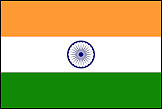
Premiere des Bollywood-Films Bombay to Bangkok (बॉम्बे टू बँगकॉक).

Abb.: ©Plakat
[Fair use]
|
"Bombay to Bangkok is a Bollywood film starring Shreyas Talpade (श्रेयस तळपदे, 1976 - ) and Lena Christensen (ลีน่า คริสเต็นเซ็นต์) in the lead roles. It is written and directed by Nagesh Kukunoor (नागेश कुकुनूर, 1967 - ) and produced by Elahe Hiptoola and Rahul Puri. PlotShankar (Shreyas Talpade), a petty thief, in desperate need of money, steals from the local don (Naseeruddin Shah - नसीरुद्दीन शाह, 1950 - ) and escapes his way into a team of doctors heading for relief work to Bangkok. Unfortunately, he loses the all-important money bag in the chaos. In Bangkok, his world turns upside down at a massage parlour where he bumps into Jasmine (Lena Christensen). The hitch is, she is all Thai and he can't converse with her at all. A ray of hope comes his way the next day when Jasmine turns up desperately in need of a doctor. Shankar, posing as a doctor along with the Sardar buddy Rachinder, jumps into this whirlpool, while Jasmine soon gets pulled into his bumbling adventures while running away from the don and his son (Vijay Maurya)." [Quelle: http://en.wikipedia.org/wiki/Bombay_to_Bangkok#. -- Zugriff am 2013-04-10] |
2008-01-12
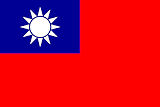
Parlamentswahl in Taiwan: die oppositionelle Kuomintang (KMT, 中國國民黨) gewinnt mit 81 Sitzen eine Zweidrittelmehrheit im Parlament (113 Sitze).
Abb.: ®Logo der KMT
[Bildquelle: Wikipedia]
Abb.: Taiwan
[Bildquelle: CIA. -- Public domain]
2008-01-22
Die Gewerkschaft der Thai Airways fordert, dass die Fluglinie alles Sponsoring der Fernsehproduktionsfirma Exact Co. einstellt. Die Firma hatte eine Fernsehserie produziert, in der Stewardessen sich handgreiflich um einen Piloten streiten. Außerdem zeigen die Stewardessen in der Show zuviel Bein und zuviel Dekollete.
Abb.: Die Wirklichkeit ist unromantisch.
[Bildquelle: Tran's World Publications. -- http://www.flickr.com/photos/transworld/3666648743/. -- Zugriff am 2012-01-11. -- Creative Commons Lizenz (Namensnennung, keine Bearbeitung)]
2008-01-29 - 2008-09-08
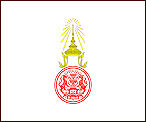
Samak Sundaravej (สมัคร สุนทรเวช, 1935 – 2009) ist Ministerpräsident (นายกรัฐมนตรีแห่งราชอาณาจักรไทย - Prime Minister). Wird vom Parlament mit 310 zu 163 Stimmen gewählt.
Abb.: สมัคร สุนทรเวช - Samak Sundaravej
[Bildquelle: Wikipedia. -- Public domain]
Abb.: สมัคร สุนทรเวช - Samak Sundaravej, PAD-Demonstration, 2008-06-06
[Bildquelle: Adaptor-Plug. -- http://www.flickr.com/photos/11401580@N03/2558459712/. -- Zugriff am 2012-01-17. -- Creative Commons Lizenz (Namensnennung, keine kommerzielle Nutzung)]
Abb.: Schattenspiel von Vasan Sitthiket, Trang: Samak Sundaravej (สมัคร สุนทรเวช) und Thaksin Shinawatra (ทักษิณ ชินวัตร)
[Bildquelle: 2T / Wikimedia. -- GNU FDLicense]
"Samak Sundaravej, auch Samak Sunthornvej (thailändisch: สมัคร สุนทรเวช, Aussprache: [sàmàk sǔntʰáráwêːt]; * 13. Juni 1935 in Bangkok; † 24. November 2009 ebenda) war ein thailändischer Politiker und Chef der im August 2007 neu gegründeten Phak Palang Prachachon (PPP). Am 28. Januar 2008 wurde er zum Ministerpräsidenten seines Landes gewählt und am nächsten Tag ernannt. Nach wochenlangen Protesten gegen Samaks Regierung wurde er am 9. September 2008 vom Verfassungsgericht wegen einer verfassungswidrigen Nebentätigkeit abgesetzt. Leben
Samak galt als reaktionärer Politikveteran, der bereits in den 1970er Jahren Hoffnungsträger der ultrarechten Monarchisten war. Mitte der 1970er Jahre war Thailand gespalten zwischen linken und rechten Aktivisten, während Indochina unter kommunistische Herrschaft geriet. Am 6. Oktober 1976 gingen Soldaten und bewaffnete „Hilfstruppen“ gegen demonstrierende Studenten der Thammasat-Universität vor und massakrierten vermutlich hunderte von ihnen. Kurz danach wurde Samak Innenminister einer vom Militär eingesetzten Regierung und verschärfte in dieser Position den Kampf gegen die Studenten und linke Aktivisten, die er massenweise verhaften ließ.
Nach dem Militärputsch von General Kriangsak Chomanan im September 1977 sowie in den relativ ruhigen Folgejahren verschwand Samak als Führer seiner rechtspopulistischen Pratchakon-Thai-Partei weitgehend aus den Schlagzeilen. Als nach einem weiteren Militärcoup 1992 unter General Suchinda Kraprayoon dieser eine Regierung bildete, war Samak Sundaravej wieder zurück auf der politischen Bühne als Vizepremierminister. Großdemonstrationen und ein Machtwort des Königs Bhumibol Adulyadej (Rama IX.) zwangen Suchinda jedoch zum Rücktritt und ermöglichten die Rückkehr zur Demokratie. Ende der 1990er Jahre diente Samak als Minister in der Regierung des damaligen Premierministers Banharn Silapa-archa , unter anderem zusammen mit Thaksin Shinawatra.
Im Juli 2000 wurde Samak zum Gouverneur von Bangkok gewählt und versprach, die Korruption zu bekämpfen. Nach vier Jahren räumte er aber ein, dass er ihr Ausmaß unterschätzt habe und dass man machtlos dagegen sei. Zur Wiederwahl trat er nicht mehr an. Nach dem Ende seiner Amtszeit als Gouverneur wurde er Talkmaster im Fernsehen, bevor er im Jahr 2007 den Vorsitz der neu gegründeten PPP übernahm. Seine Partei ist de facto die Nachfolgerin der nach dem Militärputsch verbotenen Partei („Thai Rak Thai“ – Thais lieben Thais) des ehemaligen Ministerpräsidenten Thaksin Shinawatra, der sich nach einer Verurteilung zu einer Gefängnisstrafe ins Ausland abgesetzt hat. Eines der wichtigsten Ziele der PPP ist es immer noch, Thaksins Rückkehr aus dem Exil zu ermöglichen.
Bei den Parlamentswahlen in Thailand vom 23. Dezember 2007 gewann die PPP die Mehrheit der Stimmen. Nach einem vorläufigen Endergebnis entfielen 228 der 480 Sitze im Bangkoker Parlament auf Samaks Partei. Damit verfehlte sie die absolute Mehrheit. Samak kündigte jedoch an, eine Koalitionsregierung bilden zu wollen. Er selbst beanspruchte das Amt des Premierministers für sich.[1] Am 28. Januar 2008 wurde er vom thailändischen Parlament zum neuen Ministerpräsidenten gewählt. An seiner Regierung waren neben der PPP fünf weitere, kleinere Parteien beteiligt.[2]
Ende August 2008 kam es zu Massenprotesten gegen Samak, bei denen der Regierungssitz (Government House) tagelang besetzt wurde. Außerdem wurden kurzzeitig mehrere Flughäfen und Bahnlinien blockiert und ein Fernsehsender besetzt.[3] Anfang September 2008 kam es bei den Massenprotesten auch zu Toten und Verletzten, woraufhin der Ausnahmezustand in Bangkok ausgerufen wurde.[4] Einen Rücktritt lehnte Samak zu diesem Zeitpunkt ab.[5]
Am 9. September 2008 entschied das Verfassungsgericht, dass Samak mit einer Nebentätigkeit als Koch in einer Fernsehshow gegen die Verfassung verstoßen habe. Unmittelbar nach der Verkündung des Urteils wurde Samak für abgesetzt erklärt.[6] Pläne der PPP, Samak nach der Amtsenthebung als Ministerpräsidenten wiedereinzusetzen, scheiterten an dem Widerstand der Koalitionspartner, die am 12. September die Parlamentssitzung boykottierten. Die PPP erklärte daraufhin, auf eine weitere Kandidatur Samaks zu verzichten.[7]
Am 24. November 2009 um etwa 9 Uhr 30 verstarb Samak nach einem drei Tage langen Koma im Bumrungrad Hospital in Bangkok, in dem er schon monatelang wegen einer Krebserkrankung behandelt worden war. In einem ersten kurzen Nachruf[8] beschrieb ihn The Nation als eine der schillerndsten und umstrittensten Figuren in der thailändischen Politik.
Einzelnachweise
- ↑ „Debakel für die Generäle“ Der Spiegel, 24. Dezember 2007
- ↑ http://www.nzz.ch/nachrichten/international/thailand_parlament_ministerpraesident_1.661053.html
- ↑ Tagesschau: Flughafen auf Phuket blockiert – Züge stehen still (nicht mehr online verfügbar) vom 30. August 2008 (aufgerufen am 13. September 2008).
- ↑ Tagesschau: Der Machtkampf in Thailand eskaliert (nicht mehr online verfügbar) vom 2. September 2008 (aufgerufen am 13. September 2008).
- ↑ Tagesschau: „Niemand kann mich zum Rücktritt zwingen“ (nicht mehr online verfügbar) vom 4. September 2008 (aufgerufen am 13. September 2008).
- ↑ Neue Zürcher Zeitung: Regierungschef als illegaler Fernsehkoch vom 9. September 2008 (aufgerufen am 13. September 2008).
- ↑ Focus: Samak Sundaravej gibt auf vom 12. September 2008 (aufgerufen am 13. September 2008).
- ↑ Former PM Samak dies of cancer Tuesday Tageszeitung The Nation vom 24. November 2009 (auf Englisch)"
[Quelle: http://de.wikipedia.org/wiki/Samak_Sundaravej. -- Zugriff am 2011-10-06]
2008-01-29 - 2008-09-08

61. Kabinett: Samak (สมัคร).
2008-01-29

NZZ: Samak (สมัคร สุนทรเวช, 1935 – 2009) wird Thailands neuer Regierungschef : Demokratischere Verhältnisse, aber keine Stabilität.
"Zweifelhafte Charaktereigenschaften Dass die Rückkehr zu demokratischeren Verhältnissen Thailand auch die erhoffte politische Stabilität bringen wird, wird bereits jetzt weitherum bezweifelt. Tatsächlich sind mit Samaks Wahl zahlreiche Unwägbarkeiten verbunden. Einige davon haben direkt mit seiner Person zu tun. Der 72-Jährige ist für reaktionäre Ansichten bekannt. Er war einer der wichtigsten Hetzer, die 1976 eine antikommunistische Hysterie gezielt schürten, was zu einem Massaker durch Polizisten und nach Bangkok geholte Dorfmilizen an linksgerichteten Studenten führte. 1992 war Samak als Innenminister einer Militärregierung mitverantwortlich für die blutige Niederschlagung aufbegehrender Bevölkerungsteile durch die Sicherheitskräfte. Diese Vergangenheit macht ihn in weiten Kreisen an sich schon unbeliebt. Dazu kommen noch Samaks arrogante Schroffheit sowie die Neigung, Andersdenkende und Medienvertreter hemmungslos mit vulgären Kraftausdrücken zu attackieren. Das sind nicht die Charaktereigenschaften, die bei der angeblich angestrebten «Versöhnung» des politisch und sozial tief gespaltenen Landes besonders gefragt wären.
Ein weiterer Samak anhaftender Makel besteht darin, dass gegen ihn gegenwärtig noch zwei Strafverfahren hängig sind, das eine wegen Verleumdung eines anderen Politikers, das zweite wegen Verwicklung in eine Korruptionsaffäre. Falls Samak in einem der Verfahren schuldig gesprochen würde, hätte das nach hiesigem Recht den automatischen Ausschluss aus jeglichem politischen Amt zur Folge."
[Quelle: NZZ Internationale Ausgabe. -- 2008-01-29. -- Fair use]
2008-01-30 - 2008-02-02
2008 Fed Cup Asia/Oceania Zone in Bangkok.
2008-01-30
Anti-Trafficking in Persons Act BE 2251
2008-01-31
Premiere des Films Siyama: Village of Warriors (สียามา) von Preecha Songsakul (ปรีชา ส่งสกุล)
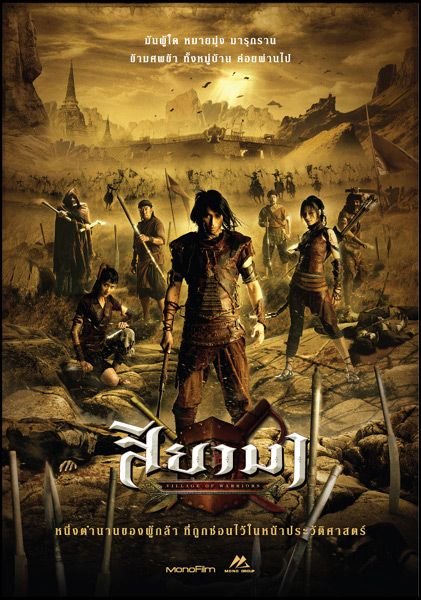
Abb.:
Plakat
[Bildquelle: Wikipedia. -- Fair use]
|
"Siyama or Siyama: Village of Warriors (Thai: สียามา) is a 2008 Thai action-fantasy film directed by Preecha Songsakul (ปรีชา ส่งสกุล). PlotSiyama is the story of three Thai youths who are transported back in time to ancient Ayutthaya (อาณาจักรอยุธยา), in the midst of a vicious civil war. Cast
[Quelle: http://en.wikipedia.org/wiki/Siyama:_Village_of_Warriors. -- Zugriff am 2013-03-27] |
2008-01-31
Premiere des Films First Flight (รักสยามเท่าฟ้า) von Tanit Jitnukul (ธนิตย์ จิตนุกูล, 1956 - )
Abb.: ©Plakat
[Fair use]
"The story of the early history of aviation in the Kingdom of Siam. In the year 1914, Lieutenant Colonel Luang Gat Yuthakarn [พันตรีหลวงกาจยุทธการ] was one of three Thais sent to learn flying at the Flying Training School in France. Upon his return, the Flying Division was established in Siam making it the first country in Asia to have a aviation program. Luang Gat encountered many obstacles in this effort, not the least of which was the resistance from members of the Royal family who thought it was nonsense. Luang Gat persevered. First, he had to train his own pilots with the help of Pierre Pupong, his friend and former flight instructor from France. His students were five commissioned officers and one non-commissioned officer. The non-commissioned officer is a farm boy. Someone from such humble origins would normally never have a chance to be a pilot, but FIRST FLIGHT is a film about the "Power of a Dream." It is about Luang Gat's dream to have an aviation program in Siam. It is about Duang's dream to fly, and it is about a meeting of two cultures. The aircraft and Pierre come from the West, and Siam is in the East. Through the four months of hard training and the interaction of these flying cadets, we learn about Thai culture and the challenges of early aviators " [Quelle: http://asianwiki.com/First_Flight. -- Zugriff am 2014-02-27]
2008-01-31
Student Uniform Act BE 2551 revidiert den Student Uniform Act 2482 (1939).
Abb.: Schuluniform, Bangkok, 2009
[Bildquelle: Ian Fuller. -- http://www.flickr.com/photos/ianfuller/3299114159/. -- Zugriff am 2012-02-19. -- Creative Commons Lizenz (Namensnennung, keine kommerzielle Nutzung)]
2008-02-06
Premiere des Films Chocolate (ช็อคโกแลต) von Prachya Pinkaew (ปรัชญา ปิ่นแก้ว, 1962 - )
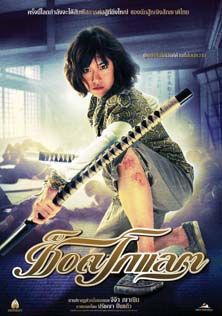
Abb.:
Plakat
[Bildquelle: Wikipedia. -- Fair use´]
|
"Chocolate … süß und tödlich! (Thai: ช็อคโกแลต), auch bekannt als Fury, ist ein thailändischer Martial-Arts-Film aus dem Jahr 2008, in der Hauptrolle mit Yanin „Jeeja“ Vismistananda (ญาณิน „จีจ้า“ วิสมิตะนันทน์, 1984 - ). HandlungSeit ihrer Geburt leidet Zen (เซน) an Autismus. Im Laufe der Zeit entwickelt sie jedoch außergewöhnliche Fähigkeiten in Muay Thai (มวยไทย), nachdem sie mit ihrer Mutter Zin (ซิน) in die Nähe einer Kampfschule zieht. Zin, die Frau des Yakuza Bosses Masashi (มาซาชิ), erkrankt daraufhin an Krebs, hat aber kein Geld, die Chemotherapie zu bezahlen. Zen und ihr Freund Moom (แมงมุม) versuchen mit Auftritten als Trickartisten auf der Straße, das fehlende Geld zu beschaffen. Eines Tages fällt ihnen ein Notizbuch in die Hände, mit Leuten, die Zin noch Geld schulden. Zen entschließt sich, die Schulden einzutreiben, und gerät in Konflikt mit dem Syndikat. Als man versucht, sie zu stoppen, räumt sie ordentlich auf. Unterstützung bekommt sie von ihrem Vater Masashi. Nach ihrem Durchmarsch im Hauptquartier der Mafia, kehrt sie zu ihrer Mutter zurück, nur um sie tot vorzufinden. Schließlich, wird sie von Masashi adoptiert. Besetzung
[Quelle: http://de.wikipedia.org/wiki/Chocolate_%E2%80%A6_s%C3%BC%C3%9F_und_t%C3%B6dlich!. -- Zugriff am 2013-03-27] |
2008-02-14
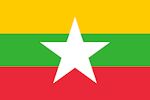
In Mae Sot (แม่สอด) wird Mahn Sha Lar Phan (geb. 1944), Generalsekretär der Karen National Union (KNA), ermordet.
Abb.: Lage von Mae Sot (แม่สอด)
[Bildquelle: OpenStreetMap. -- Creative Commons Lizenz (Namensnennung, share alike)]
Abb.: Fahne der Karen National Union (KNA, ကရင် အမျိုးသား အစည်းအရုံး)
[Bildquelle: Wikipedia. -- Public domain]
"Mahn Sha Lar Phan (* 1944; † 14. Februar 2008) war ein Politiker in Myanmar. Leben
Er war Generalsekretär der Karen National Union (KNA, ကရင် အမျိုးသား အစည်းအရုံး) in Myanmar, die sich für die Unabhängigkeit des Volksstammes der Karen (ကရင်လူမျိုး / กะเหรี่ยง) einsetzt. Deren bewaffneter Arm ist die Karen National Liberation Army (KNLA, ကရင်အမျိုးသား လွတ်မြောက်ရေး တပ်မတော်), die größte Rebellengruppe des Landes. Ihre Tätigkeit liegt vorwiegend im Grenzgebiet zu Thailand, aber auch im Nachbarland.
2008 wurde Mahn Sha in der thailändischen Grenzstadt Mae Sot (แม่สอด), auf der Veranda seines Hauses sitzend, von zwei Attentätern erschossen.
Mahn Sha hatte eine Woche vor seinem Ableben in einem Interview mit Reuters ein Anwachsen der Gewalt in Burma vor dem für Mai 2008 geplanten Verfassungs-Referendum vorhergesagt."
[Quelle: http://de.wikipedia.org/wiki/Mahn_Sha_Lar_Phan. -- Zugriff am 2012-10-08]
2008-02-19
Internal Security Act, BE 2551 (พระราชบัญญัติ การรักษาความมั่นคงภายในราชอาณาจักร พ.ศ. ๒๕๕๑):
Abb.: ®Logo der ISOC (กอ.รมน.)
"§ 5 There shall be established in the Office of the Prime Minister an Internal Security Operations Command (กองอำนวยการรักษาความมั่นคงภายในราชอาณาจักร), called "ISOC" (กอ.รมน.) in brief, having the authority and responsibility as to the internal security operations.
The ISOC shall be a special government agency directly subject to the Prime Minister. With respect to the ISOC, the administrative procedure, administration of business, structure, separation and authority of agencies and human resources shall be determined by the Council of Ministers.
The Prime Minister, in his capacity as Head of Government, shall be the Internal Security Operations Commander, called "ISO-Com" in brief. He shall be the chief of the government officers and officials in the ISOC and responsible for the administration of its business. The Commander-in-Chief of the Army shall serve as the Deputy Internal Security Operations Commander.
The Commander may appoint the Assistant Internal Security Operations Commanders from the government officers attached to the ISOC or other state authorities as he finds expedient, taking into account the structure and separation of internal agencies of the ISOC.
The Chief of the Land Staff shall be the Secretary General of the ISOC and responsible for its administrative and technical business.
The Deputy Commander, Assistant Commanders and Secretary General shall be empowered to command the ISOC's government officers, officials and employees subordinate to the Commander and shall have other authority as given by the Commander.
The Commander, in the name of the Office of the Prime Minister, shall be competent to carry out legal transactions, to sue, to be sued and to undertake all activities dealing with the authority of the ISOC.
The Commander may, by written authorisation, allow the Deputy Commander to exercise his duties and powers under this Act on his behalf.
ให้จัดตั้งกองอำนวยการรักษาความมั่นคงภายในราชอาณาจักร เรียกโดยย่อว่า "กอ.รมน." ขึ้นในสำนักนายกรัฐมนตรี มีอำนาจหน้าที่และรับผิดชอบเกี่ยวกับการรักษาความมั่นคงภายในราชอาณาจักร
กอ.รมน. มีฐานะเป็นส่วนราชการรูปแบบเฉพาะ อยู่ภายใต้การบังคับบัญชาขึ้นตรงต่อนายกรัฐมนตรี โดยวิธีการปฏิบัติราชการ และการบริหารงาน การจัดโครงสร้าง การแบ่งส่วนงาน และอำนาจหน้าที่ของส่วนงาน และอัตรากำลัง ให้เป็นไปตามที่คณะรัฐมนตรีกำหนด
ให้นายกรัฐมนตรี ในฐานะหัวหน้ารัฐบาล เป็นผู้อำนวยการรักษาความมั่นคงภายในราชอาณาจักร เรียกโดยย่อว่า "ผอ.รมน." เป็นผู้บังคับบัญชาข้าราชการ พนักงาน และลูกจ้างใน กอ.รมน. และรับผิดชอบในการปฏิบัติราชการของ กอ.รมน. โดยมีผู้บัญชาการทหารบกเป็นรองผู้อำนวยการรักษาความมั่นคงภายในราชอาณาจักร
ผู้อำนวยการอาจแต่งตั้งผู้ช่วยผู้อำนวยการจากข้าราชการในสังกัด กอ.รมน. หรือเจ้าหน้าที่ของรัฐอื่นได้ตามความเหมาะสม โดยคำนึงถึงโครงสร้างและการแบ่งส่วนงานภายในของ กอ.รมน.
ให้เสนาธิการทหารบกเป็นเลขาธิการ กอ.รมน. มีหน้าที่รับผิดชอบงานอำนวยการและธุรการของ กอ.รมน.
รองผู้อำนวยการ ผู้ช่วยผู้อำนวยการ และเลขาธิการ กอ.รมน. มีอำนาจบังคับบัญชาข้าราชการ พนักงาน และลูกจ้างใน กอ.รมน. รองจากผู้อำนวยการ และมีอำนาจหน้าที่อื่นตามที่ผู้อำนวยการกำหนด
ให้ผู้อำนวยการมีอำนาจทำนิติกรรม ฟ้องคดี ถูกฟ้องคดี และดำเนินการทั้งปวงเกี่ยวกับคดีอันเกี่ยวเนื่องกับอำนาจหน้าที่ของ กอ.รมน. ทั้งนี้ โดยกระทำในนามของสำนักนายกรัฐมนตรี
ในการปฏิบัติหน้าที่และการใช้อำนาจตามพระราชบัญญัตินี้ ผู้อำนวยการจะมอบอำนาจเป็นหนังสือให้รองผู้อำนวยการเป็นผู้ปฏิบัติหรือใช้ อำนาจแทนก็ได้
§ 6 The ISOC shall be a government agency under the law on budgeting procedure and the law on treasury reserves.
ให้ กอ.รมน. เป็นส่วนราชการตามกฎหมายว่าด้วยวิธีการงบประมาณและกฎหมายว่าด้วยเงินคงคลัง
§ 7
The ISOC shall be invested with the following authority:
(1) To monitor, examine and assess the possibility of the situations likely to give rise to the threats to internal security and report it to the Council of Ministers for further actions;
(2) To supervise the internal security operations; prescribed that for such purpose, the ISOC shall be given the authority to propose to the Council of Ministers for approval the plans and guidance for relevant activities and actions, and that the state agencies shall abide by those plans and guidance after they have been approved by the Council of Ministers;
(3) To supervise, cooperate on and support the actions of the pertinent state agencies in the execution of the plans and guidance under (2); prescribed that for such purpose, the Council of Ministers may authorise the ISOC to supervise the actions of the state agencies as determined by it;
(4) To strengthen the public awareness of the duty to defend the Nation, Faiths and King, the love and harmony amongst the national people, and the public participation in the prevention and solution of the problems affecting the national security and social order;
(5) To carry out other activities as provided by the laws or as required by the Council of Ministers, National Security Council or Prime Minister."
มาตรา ๗ ให้ กอ.รมน. มีอำนาจหน้าที่ดังต่อไปนี้
(๑) ติดตาม ตรวจสอบ และประเมินแนวโน้มของสถานการณ์ที่อาจก่อให้เกิดภัยคุกคามด้านความมั่นคงภาย ในราชอาณาจักร และรายงานคณะรัฐมนตรีเพื่อพิจารณาดำเนินการต่อไป
(๒) อำนวยการในการรักษาความมั่นคงภายในราชอาณาจักร ในการนี้ ให้มีอำนาจหน้าที่เสนอแผนและแนวทางในการปฏิบัติงานและดำเนินการต่อคณะ รัฐมนตรีเพื่อพิจารณาให้ความเห็นชอบ เมื่อคณะรัฐมนตรีให้ความเห็นชอบแล้ว ให้หน่วยงานของรัฐปฏิบัติตามแผนและแนวทางนั้น
(๓) อำนวยการ ประสานงาน และเสริมการปฏิบัติของหน่วยงานของรัฐที่เกี่ยวข้องในการดำเนินการตามแผนและ แนวทางในการปฏิบัติงานตาม (๒) ในการนี้ คณะรัฐมนตรีจะมอบหมายให้ กอ.รมน. มีอำนาจในการกำกับการดำเนินการของหน่วยงานของรัฐตามที่คณะรัฐมนตรีกำหนดด้วย ก็ได้
(๔) เสริมสร้างให้ประชาชนตระหนักในหน้าที่ที่ต้องพิทักษ์รักษาไว้ซึ่งชาติ ศาสนา และพระมหากษัตริย์ สร้างความรักความสามัคคีของคนในชาติ รวมทั้งส่งเสริมให้ประชาชนเข้ามามีส่วนร่วมในการป้องกันและแก้ไขปัญหาต่าง ๆ ที่กระทบต่อความมั่นคงภายในราชอาณาจักรและความสงบเรียบร้อยของสังคม
(๕) ดำเนินการอื่นตามที่กฎหมายบัญญัติ หรือตามที่คณะรัฐมนตรี สภาความมั่นคงแห่งชาติ หรือนายกรัฐมนตรีมอบหมาย
[Übersetzung: http://en.wikisource.org/wiki/Internal_Security_Act,_BE_2551_%282008%29. -- Zugriff am 2015-01-17]
2008-02-20
Zwei der berüchtigten Söhne von Innenminister Police Captain Dr. Chalerm Ubumrung (เฉลิม อยู่บำรุง, 1947 - ) kommen wieder zu Amt und Würden: Wan (วันเฉลิม อยู่บำรุง) als Assistant Secretary des Gesundheitsministers, Duang (ดวงเฉลิม อยู่บำรุง) in der Armee.
Abb.: Dr. Chalerm Ubumrung (เฉลิม อยู่บำรุง), Bangkok, 2011-07-01
[Bildquelle: Ratchaprasong. -- http://www.flickr.com/photos/ratchaprasong2/5892859700/. -- Zugriff am 2012-01-11. -- Creative Commons Lizenz (Namensnennung, keine kommerzielle Nutzung)]
"Police Captain Dr. Chalerm Ubumrung (Thai: เฉลิม อยู่บำรุง, RTGS: Chaloem Yubamrung, Thai pronunciation: [ʨʰà.lɤ ̌ːm jùː.bam.ruŋ]) (born June 10, 1947), is a Thai politician. He is a Member of Parliament representing the Pheu Thai Party (พรรคเพื่อไทย), and currently one of the Deputy Prime Ministers of Yingluck Shinawatra (ยิ่งลักษณ์ ชินวัตร). His past political appointments include chief MP for Pheu Thai Party, brief terms as Health Minister under Somchai Wongsawat (สมชาย วงศ์สวัสดิ์), Interior Minister under Samak Sundaravej (สมัคร สุนทรเวช), Justice Minister under Banharn Silpa-archa (บรรหาร ศิลปอาชา), and Leader of the Opposition from 2009 to 2011. Family life
Chalerm was born at Bang Bon (บางบอน), Bangkok. He is married to Lamnao Ubumrung (Thai: ลำเนา อยู่บำรุง), an auxiliary judge of Thailand's juvenile court. They have three sons together, Artharn (Thai: อาจหาญ อยู่บำรุง), Wanchalerm (Thai: วันเฉลิม อยู่บำรุง) and Duangchalerm (Thai: ดวงเฉลิม อยู่บำรุง). Chalerm's younger brother, Nawarat Ubumrung (Thai: นวรัตน์ อยู่บำรุง), is also a politician, serving several terms as a member of the Bangkok Metropolitan Council (สภากรุงเทพมหานคร).
EducationChalerm received doctor's degree in Law from Ramkhamhaeng University (มหาวิทยาลัยรามคำแหง).
Political careerChalerm first entered politics as an MP with the Democrat Party (พรรคประชาธิปัตย์). In 1986 he formed his own party, the Mass Party (Thai: พรรคมวลชน). Mass Party's power base was in western Bangkok, especially Phasi Charoen (ภาษีเจริญ) and Bang Bon (บางบอน) Districts. Chalerm won several consecutive MP election bids, with the exception of the first election of 1992. He served as Minister for Office of the Prime Minister under Chatichai Choonhavan (ชาติชาย ชุณหะวัณ), overseeing the Mass Communications Organization of Thailand (บริษัท อสมท จำกัด). He was accused of press interference and had ongoing conflicts with the military, to the point that he was cited by the coup-makers as one of the reasons for the 1991 military coup d'état. In the wake of the coup Chalerm was among the politicians accused of "unusual wealth", and had 32 million baht in assets seized. He fled Thailand to live in Sweden and Denmark until the political situation cooled down.
After returning to Thailand, Chalerm allied his Mass Party with the Thai Nation Party (Thai: พรรคชาติไทย), which led the Opposition during the first Chuan Leekpai (ชวน หลีกภัย) government. Chalerm played an important role in the 1995 debates regarding a censure motion against then-Agriculture Minister Suthep Thaugsuban (สุเทพ เทือกสุบรรณ) for his role in the Sor Por Kor 4-01 (Thai: สปก.4-01) land reform scandal. These debates resulted in PM Chuan dissolving parliament to avoid a no-confidence vote, and ultimately in the rise of a Thai Nation Party-led government with Banharn Silpa-archa as Prime Minister. Chalerm was appointed Justice Minister in this cabinet, serving from 13 July 1995 to 24 November 1996.
In 1997, Chalerm dissolved the Mass Party to combine with the New Aspiration Party (Thai: พรรคความหวังใหม่) of then-Prime Minister Chavalit Yongchaiyudh (ชวลิต ยงใจยุทธ).
Thai Nation Party was dissolved in 2007 by the Constitutional Court of Thailand (ศาลรัฐธรรมนูญ) along with its coalition members People Power Party (พรรคพลังประชาชน) and Neutral Democratic Party (พรรคมัชฌิมาธิปไตย), for violation of election laws. In the 2007 general election Chalerm joined the People's Power Party and was again elected MP. On 6 February 2008 he joined the Samak Sundaravej cabinet as Minister of Interior,[2] serving until Samak's disqualification from politics. He went on to serve in the cabinet of the short-lived Somchai Wongsawat government as Minister of Public Health,[3] and for a time was chief MP for Pheu Thai Party. After Pheu Thai won the elections, Chalerm was appointed Deputy Prime Minister under Yingluck Shinawatra, on 9 August 2011.
Murder scandalChalerm's three sons acquired a public reputation for violence and troublemaking for their repeated involvement in altercations in Bangkok's massage parlors and pubs. The phrase "Do you know whose son I am?" became associated with the three as a mark of derision for their abuse of their father's political influence. They were involved in multiple lawsuits, which were usually settled out of court.
The most infamous of these cases was the 2001 murder of Pol. Sen. Sgt. Maj. Suwichai Rodwimuti in a pub on Ratchadaphisek Road. Chalerm's youngest son, Duangchalerm (ดวงเฉลิม อยู่บำรุง), fled the scene and eventually surrendered himself to authorities more than six months after the killing. Chalerm, fiercely protective of his son, threatened the press reporting on the case, resulting in a temporary press boycott of Chalerm. Following this incident Chalerm and his sons published a short-lived magazine criticizing the press for alleged unfair treatment.
The murder case was eventually dismissed by the Criminal Court when witnesses were unable to clearly identify Duangchalerm as the killer. During the investigation Chalerm had given a statement to the police claiming the true killer was Chalermchon Burisamai, or "Ai-Pued", a close friend of his son's. The police have not pursued a case against this man."
[Quelle: http://en.wikipedia.org/wiki/Chalerm_Yubamrung. -- Zugriff am 2012-01-11]
2008-02-21
Premiere des Films Handle Me With Care (กอด) von Kongdej Jaturanrasamee (คงเดช จาตุรันต์รัศมี, 1972 - )
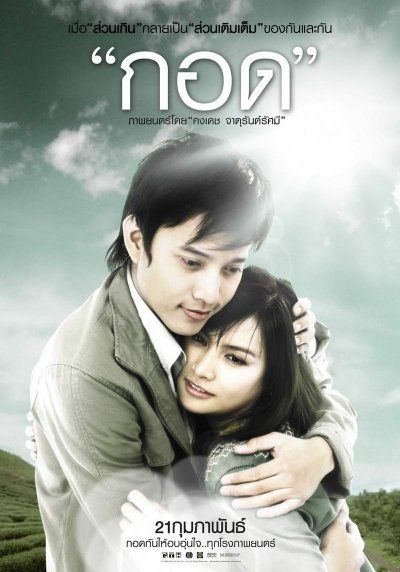
Abb.:
Plakat
[Bildquelle: Wikipedia. -- Fair use]
|
"Handle Me With Care (Thai: กอด, Kod, literally "hug") also known as 三手仔手記 (Hong Kong Title)[1] or 一路上有手 (Taiwanese Title)[2] is a 2008 Thai romantic drama film directed by Kongdej Jaturanrasamee (คงเดช จาตุรันต์รัศมี, 1972 - ). Plot SummaryThe story is about a three-armed man on a journey from Lampang (ลำปาง) to Bangkok who meets a young woman and the two experience various misadventures and grow closer together. Cast
Handle Me With Care opened in Thailand cinemas on February 21, 2008. It was No. 4 at the box office on opening weekend, behind the newly released Hollywood film, Jumper, the three-week-old Thai martial arts film, Chocolate (ช็อคโกแลต) and a Thai comedy, Valentine (แล้วรัก), which had been released the week before.[3] It remained in fourth place the following week but then dropped to No. 19 in its third weekend." [Quelle: http://en.wikipedia.org/wiki/Handle_Me_With_Care. -- Zugriff am 2013-03-27] |
2008-02-24
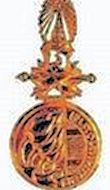
Zu National Artists (ศิลปินแห่งชาติ) werden ernannt:
- Adul Jantrasak (นายอดุล จันทรศักดิ์ = ธารี = อัคนี หฤทัย, 1946 - ) - Literature
- Ithipol Thangcholak (รศ. อิทธิพล ตั้งโฉลก, 1946 - ) - Fine arts, Maler
- Thanadsri Sawadiwat (หม่อมราชวงศ์ถนัดศรี
สวัสดิวัตน์, 1927 - ) - Performing arts
Künstlerlink auf Spotify:
URI: spotify:artist:30mZFp2ER9EKa6IEEa37n6
URL: https://open.spotify.com/artist/30mZFp2ER9EKa6IEEa37n6 - Sorapong Chatree (สรพงษ์ ชาตรี, 1950 - ) - Performing arts, Filmschauspieler
- Prasit Pinkaew (นายประสิทธิ์ ปิ่นแก้ว, 1941 - ) - Performing arts
- Viraphan Voklang (พลเรือตรี วีระพันธ์ วอกลาง, 1945 - ) - Performing arts, Dirigent
- Siri Witchawet (นายศิริ วิชเวช, 1932 - ) - Performing arts
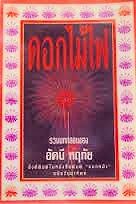
Abb.: Einbandtitel eines Buchs von Adul Jantrasak (นายอดุล จันทรศักดิ์
= ธารี
= อัคนี หฤทัย)
[Fair use]
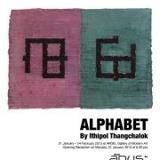
Abb.: Einbandtitel eines Buchs von Ithipol Thangcholak (รศ. อิทธิพล ตั้งโฉลก)
[Fair use]
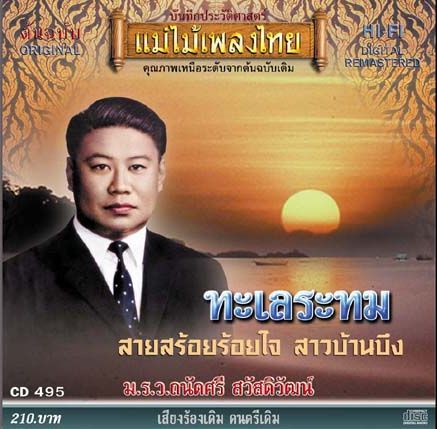
Abb.: CD-Titel von Thanadsri Sawadiwat
(หม่อมราชวงศ์ถนัดศรี สวัสดิวัตน์)
[Fair use]
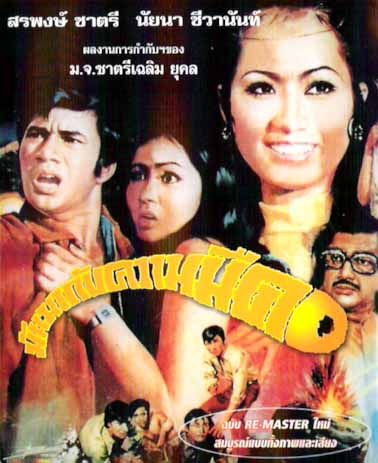
Abb.: DVD-Titel eines Films mit Sorapong Chatree (สรพงษ์
ชาตรี)
[Fair use]
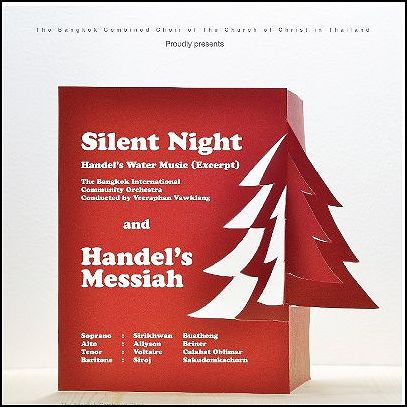
Abb.: Plakat eines Konzerts unter der Leitung von Viraphan Voklang
(พลเรือตรี วีระพันธ์ วอกลาง)
[Fair use]
2008-02-25
Ministerpräsident Samak leugnet in einem Interview mit Al Jazeera, dass er etwas mit den Massakern an Studenten der Thammasat University (มหาวิทยาลัยธรรมศาสตร์) im Oktober 1976 zu tun gehabt habe. Außerdem sei damals nur eine (!) Person getötet worden. Soviel Unverfrorenheit ruft selbst in Thailand Erstaunen hervor.
Abb.: Samak Sundaravej (สมัคร สุนทรเวช), 2008
[Bildquelle: th.Wikipedia. -- Fair use]
2008-02-25
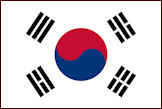
Lee Myung-bak (이명박, 1941 - ) wird Präsident von Südkorea.
Abb.: Südkorea
[Bildquelle: CIA. -- Public domain]
Abb.: Lee Myung-bak (이명박)
[Bildquelle: DonkeyHotey. -- http://www.flickr.com/photos/donkeyhotey/5754986963/in/photostream. -- Zugriff am 2012-01-05. -- Creative Commons Lizenz (Namensnennung, share alike)]
2008-02-29
Tausende begrüßen am Suvarnabhumi Airport (ท่าอากาศยานสุวรรณภูมิ) begeistert den früheren Ministerpräsidenten Thaksin, der aus dem Exil zurückkehrt, wo er seit dem Putsch im September 2006 war. Besonders viele Taxifahrer und Motorrad-Taxifahrer sind unter den Fans.
Abb.: Lage des Suvarnabhumi Airport (ท่าอากาศยานสุวรรณภูมิ)
[Bildquelle: OpenStreetMap. -- Creative Commons Lizenz (Namensnennung, share alike)]
Abb.: Motorradtaxi-Fahrer und Taxifahrer gehören zu den größten Fans Thaksins, Bangkok, 2010
[Bildquelle: wilth. -- http://www.flickr.com/photos/wilthnet/4525667641/. -- Zugriff am 2012-01-11. -- Creative Commons Lizenz (Namensnennung, keine kommerzielle Nutzung, share alike)]
2008-03
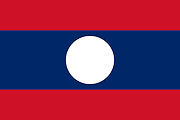
North-South Economic Corridor R3A (R3East) von Houayxay (ຫ້ວຍຊາຍ, Laos) nach Ban Boten (Provinzu Luang Namtha - ຫລວງນໍ້າທາ, Laos) ist fertiggestellt (228 km). Es ist die einzige asphaltierte Straße von China nach Laos.
Abb.: Verlauf der R3A zwischen Houayxay (ຫ້ວຍຊາຍ) und Ban Boten
[Bildquelle: OpenStreetMap. -- Creative Commons Lizenz (Namensnennung, share alike)]
2008-03-02

Präsidentenwahl in Russland: Dmitri Anatoljewitsch Medwedew (Дми́трий Анато́льевич Медве́дев, 1965 - ) wird zum Präsidenten gewählt. Wladimir Wladimirowitsch Putin (Владимир Владимирович Путин, 1952 - ) wird Ministerpräsident.
Abb.: Russland
[Bildquelle: CIA. -- Public domain]
Abb.: Dmitri Anatoljewitsch Medwedew (Дми́трий Анато́льевич Медве́дев)
[Bildquelle: DonkeyHotey. -- http://www.flickr.com/photos/donkeyhotey/5740572312/. -- Zugriff am 2012-01-05. -- Creative Commons Lizenz (Namensnennung, share alike)]
Abb.: Dmitri Anatoljewitsch Medwedew (Дми́трий Анато́льевич Медве́дев) / von Murray Webb (1947 - ), 2009
[Bildquelle: Dmitry Medvedev. 12 October 2009. Webb, Murray, 1947- :[Digital caricatures published from 29 July 2005 onwards (2006, 2007, 2008). Includes a selection of digital caricatures published from 2002 and up to July 2005.]. Ref: DCDL-0012553. Alexander Turnbull Library, Wellington, New Zealand. http://natlib.govt.nz/records/22782158. -- Zugriff am 2013-03-07. -- "You can copy this item for personal use, share it, and post it on a blog or website. It cannot be used commercially without permission"]
Abb.:Ministerpräsident Wladimir Wladimirowitsch Putin (Владимир Владимирович Путин / von Murray Webb (1947 - ), 2008
[Bildquelle: Vladimir Putin. 22 August, 2008. Webb, Murray, 1947- :[Digital caricatures published from 29 July 2005 onwards (2006, 2007, 2008). Includes a selection of digital caricatures published from 2002 and up to July 2005.]. Ref: DCDL-0007421. Alexander Turnbull Library, Wellington, New Zealand. http://natlib.govt.nz/records/22656311. -- Zuriff am 2013-03-09. -- "You can copy this item for personal use, share it, and post it on a blog or website. It cannot be used commercially without permission"]
2008-03-03 - 2008-03-04
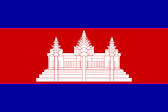
Als erstes Ausland besucht Ministerpräsident Samak Sundaravej (สมัคร สุนทรเวช, 1935 – 2009) Kambodscha.
2008-03-06
In Bangkok wird der Waffenhändler Viktor Anatolyevich Bout (Виктор Анатольевич Бут, 1967 - ) verhaftet.
Abb.: Händler des Todes Viktor Anatolyevich Bout (Виктор Анатольевич Бут), 2010
[Bildquelle: Drug Enforcement Administration / Wikipedia. -- Public domain]
"Wiktor Anatoljewitsch But (oft auch in französischer Transkription Viktor Bout, russisch Виктор Анатольевич Бут; * 13. Januar 1967 in Duschanbe, Tadschikische SSR) ist ein russischer Transportunternehmer und Waffenhändler. Er trägt auch den Spitznamen Händler des Todes. But betrieb seine Geschäfte bis zu seiner Verhaftung im Jahre 2008 teilweise unbehindert auch mit direkten Konfliktgegnern in Kriegen weltweit. Am 2. November 2011 wurde er von Geschworenen vor einem US-amerikanischen Gericht schuldig gesprochen, unter anderem wegen Verschwörung zum Mord und Waffenhandel.
[...]
Am 6. März 2008 wurde Wiktor But zusammen mit seinem Geschäftspartner Andrew Smulian in Thailand verhaftet. Die Festnahme gelang der thailändischen Polizei unter Mithilfe der US-amerikanischen Drogenbehörde DEA, die But vorwarf, auch Drogen als Bezahlung für Waffen zu akzeptieren und in seinen Flugzeugen zu transportieren. Nachdem sich Agenten der Behörde bei But erfolgreich als an einem Waffengeschäft interessierte Vertreter der kolumbianischen FARC vorstellen konnten, gelang es, ihn zu einem Treffen in Bangkok zu bewegen, was schließlich zu seiner Festnahme führte. Die Strafverfolger präzisierten im folgenden Gerichtsprozess in den USA, die als kolumbianische Rebellen getarnten Agenten hätten But mitgeteilt, dass sie von ihm unter anderem Flugabwehrraketen zum Abschuss von Passagierflugzeugen erwerben wollten. Dabei wollten sie «ein paar Amerikaner umbringen». Nur weil But dagegen keine Einwände hatte, wurde trotz seiner Verhaftung in Thailand die Anklage in den USA möglich."
[Quelle: http://de.wikipedia.org/wiki/Wiktor_Anatoljewitsch_But. -- Zugriff am 2012-01-11]
2008-03-07
Forbes zählt zu den Reichsten der Welt drei Thailänder
Haupt-Business Vermögen Weltrang Chaleo Yoovidhya (เฉลียว อยู่วิทยา, 1932 - 2012)
Red Bull (Energiedrink) $4,0 Milliarden 260. Charoen Sirivadhanabhakdi (เจริญ สิริวัฒนภักดี / 苏旭明, 1944 - ) ThaiBev (ไทยเบฟ) (Alkohol) $3,5 Milliarden 307. Dhanin Chearavanont (ธนินท์ เจียรวนนท์ / 谢国民, 1938 - ) Charoen Pokphand Group (CP) (เครือเจริญโภคภัณฑ์) (Agribusiness und anderes) $3,1 Milliarden 897.
2008-03-08

Parlamentswahlen in Malaysia: die Koalition Barisan Nasional (国民阵线 / தேசிய முன்னணி / National Front) hat starke Verluste, behält aber die absolute Mehrheit.
Abb.: ®Logo der Koalition Barisan Nasional
[Bildquelle: ms.Wikipedia]
Abb.: Malaysia
[Bildquelle: CIA. -- Public domain]
"Die Barisan Nasional (malay.: Nationale Front, abgekürzt BN) ist eine politische Koalition aus derzeit 13 Parteien in Malaysia. Die Koalition wurde 1973 von Abdul Razak, dem damaligen Premierministers Malaysias, als Nachfolgeorganisation der Alliance gegründet und hält seitdem ununterbrochen die Mehrheit im malaysischen Parlament.
Der Vorsitzende der BN ist seit 2009 der Premierminister Najib Razak. Sein Vorgänger an der Spitze der Koalition und der Regierung war Abdullah Ahmad Badawi.
Bei den Parlamentswahlen 2008 büßte die Koalition die wichtige Zweidrittelmehrheit ein, die Verfassungsänderungen zulässt.[1] Bedeutendster politischer Gegner der BN ist die Oppositionskoalition Pakatan Rakyat, welche von Anwar Ibrahim, einem ehemaligen BN-Politiker und ehemaligen Vizepremierminister Malaysias angeführt wird."
[Quelle: http://de.wikipedia.org/wiki/Barisan_Nasional. -- Zugriff am 2012-01-04]
2008-03-10 - 2008-06-23
Ausstrahlung der 30 Folgen des Lakorn (ละคร - Soap Opera) Nag Tard (นางทาส) in BBTV Channel 7 (สถานีโทรทัศน์สีกองทัพบกช่อง 7).
Abb.: Plakat
[Bildquelle: Wikipedia. -- Fair use]
"Nang Tard (Thai: นางทาส, RTGS: Nang That, IPA: [naːŋ tʰâːt] -means The Slave Girl but international title The Slave) is an award-winning Thai period drama lakorn, remade from a 1990 lakorn of the same name[1]. The lakorn stars Suvanant Kongying (สุวนันท์ คงยิ่ง, 1978 - ) and Vee Veerapat ("วี" วีรภาพ สุภาพไพบูลย์, 1980 - ) in the main roles with several talented actresses such as Pok Piyatida ("ป๊อก" ปิยธิดา วรมุสิก, 1975) in the role of Khun Ying Yaem (คุณหญิงแย้ม) and May Bunthita as Boonmee (บุญมี). This lakorn is set in a time when slavery was still legal in Thailand. Summary
A poor girl, Yen, who was sold to Khun Ying by her father who had gambling debts into one of the richest families of the whole province. Fortunately, Yen became Khun Ying Yam slave but to Khun Ying Yam she was more than that. When Salee, the second wife heard about Yen, was furious because Yen is beautiful and still young. But because she was pretty and young the handsome landowner Praya Sihayotin, began to develop feelings for Yen. This made Salee very jealous and the beginning of her wrath. Praya Sihayotin at the time had three wives who could not give him a child. One day Praya Sihayotin asked Ying Yaem if he can take Yen to be his 4th wife. Ying Yaem agreed and Yen became Praya Sihayotin fourth wife.
Yen didn't want to marry Praya Sihayotin because she only thought of herself as a slave and was scared too. After having Khun Ying Yaem and Fah talk to her she agreed to marry Praya Sihayotin and be his fourth wife. Shortly after the marriage, Yen became pregnant with Praya Sihayotin first child. When Fah told Ying Yaem that Yen was pregnant, Ying Yaem was excited and couldn't wait to tell Praya Sihayotin. When Salee heard that Yen was pregnant, as mad as she was, she tried to make Yen have a miscarriage because she couldn't get pregnant. When Praya came home Salee came to talk to him and tried to convince him to sleep with her that night but little did she know that when he went into Ying Yaem house he would not visit her that night. Ying Yaem told Praya that Yen is pregnant and in her room. Praya was so speechless he went to Yen house with a smile on his face with excitements as Ying Yaem with a smile on her face.
Two months later, Ying Yaem became pregnant also which made Praya even more happy because now not only he has one child on the way he having two. As time went by, Salee tried and tried over several periods of time to kill Yen's child but with no success. Before Ying Yaem and Yen gave birth, Praya had told both of them that he is leaving for work in another city and will not be present at Yen's birth but probably be at Ying Yaem birth. After he left, Yen and Ying Yaem went to labor at the same time but Ying Yaem was a little early. Ying Yaem gave birth to a stillborn infant son while Yen gave birth to a strong, healthy baby girl. With everyone devastated that Ying Yaem's baby did not survive, Fah had asked Yen if she still willing to give up her baby to Ying Yam. Heart broken and sad Yen gave up her baby girl and asked to keep this secret from Praya.
The secret was well hidden only between the people who present at the births. When Praya returned home, he went straight to Yen's house to see her and the baby. Yen tells Praya that she gave birth to a boy but he had died right after birth. With Praya sadden by the news he tells her that it is OK and there is still plenty of time to have another. He then leaves to go to Ying Yaem to find her holding their baby girl. Praya is still happy even though Ying Yaem "had" a baby girl. Yen was very sad and heart broken that she could not enter Ying Yaem's house but later on Ying Yaem told Yen that if she ever wanted to hold the baby or just to see the baby then just come to house anytime. This made Yen very happy.
As time went by bad things started happened to Yen. Accused of committing adultery by Boonmee, Praya was heart broken and sad that made him strip Yen status back to a slave is never to come near Khun Ying Yaem house to see the child again. Over the years Yen dealt with the pain of being tortured by her husband, Boonmee , and the worst from Salee.
Ten years later, Yen's daughter grew up unaware of her birth mother's identity. She was a little spoiled, but very kind, and fell in love with a young man in her house, but she soon found he was in love with a slave girl, La Orn, who worked alongside Yen. This was a family problem as La Orn was about to become another wife for Praya Sihayotin, but she befriended Tun. To make their dream come true, Praya Sihayotin married them and took another girl to wife named Chan, just to take care of his wife. One night Salee had lure Nu Dang out to meet a guy who was supposedly to hurt her. Yen heard what was going to happen to Nu Dang and go after her tells her not to go but being a brat, she slaps Yen and runs back to the house. Not saying anything because she was still shaking, Yen was accused by Salee of trying to hurt Nu Dang. Yen was to be whip as a punishment which Praya later regrets while Salee smiles on. Nu Dang finally tells her father that Yen was not trying to hurt her she was trying to stop her from meeting some guy that Salee had set up. Furious and mad at Salee, he goes to her house and whips her until she passes out. She is then later stipped from her status and was forced to leave the property. Feeling bad, Nu Dang ask her mom to see Yen and to apologize to Yen. Yen was shocked to see Nu Dang at her place. Nu Dang apologizes to Yen and Yen tells her that it is OK and she is not mad at her at all.
Later on, Yen's older brother Yuen, comes back with their mother to buy Yen back. When Fah saw the boy she asked Yen's mother who was that man and she finally told Fah that the man there was Yen older brother. After hearing this, Fah takes them to go see Praya and to tell him the truth. With what they have to tell Praya, will it set Yen free from all the pain she endured after all these years?
CastReception
Veeraparb Soopappaiboon ("วี" วีรภาพ สุภาพไพบูลย์, 1980 - ) … Praya Sihayotin (พระยาสีหโยธิน)
- Suvanant Kongying (สุวนันท์ คงยิ่ง, 1978 - ) …E-Yen (อีเย็น)
- Piyatida Woramoosik ("ป๊อก" ปิยธิดา วรมุสิก, 1975) …Khun Ying Yaem (คุณหญิงแย้ม)
Jiranan Manojaem (จีรนันท์ มะโนแจ่ม, 1981 - ) …Salee (สาลี่)
- Buntita Tanwiset (aka อรวรรษา ฐานวิเศษ, 1981 - ) …Boonmee (บุญมี)
- Sarawut Maikhun (สุรวุฑ ไหมกัน, 1974 - ) …Kloy (คล้อย)
- Benz Mananya (เบนซ์ มนัญญา) …Jun-In
Chanapol Suttaya (ชนะพล สัตยา, 1983 - ) …Tub (ทับ)
- Thansinee Promsoot (ธัญสินี พรมสุทธิ์, 1985 - ) … La-Or (ละออ)
- Tunchanok Rittinaka (ธันย์ชนก ฤทธินาคา, 1987 - ) … Oun Reun (อุ่นเรือน)
Duangdao Jarujinda (ดวงดาว จารุจินดา, 1951 - ) … Fuk (ฟัก)
Prab Yuthapichai (ปราบ ยุทธพิชัย) …Praya Apaironarit (อภัยรณฤทธิ์)
Rachaya Rukasikorn (รชยา รักกสิกรณ์, 1976 - ) …Khun Ying Yim (คุณหญิงยิ้ม)
Nang Tard received a positive response from the viewers, although ratings weren’t as high as expected for this remake, because it was not like the original. However, it did garner enough to have an overall average rating of 12, estimated around 7,565,000 viewers.[2]. The Lakorn was almost considered the highest rated for a remake lakorn but was pushed out by Suvanant Kongying's lakorn Silamanee (ศิลามณี), which was a huge hit with viewers as it just came out for one episode.[3]
AwardsLike the rate, the film made a success in several drama celebrations. In SiamDara (สยามดารา) Star Party 2008, Nang Tard, received two award out of four nomination including Best Actor and Best Actress by Suvanant Kongying. It won the best drama award and the Best Antagonist for Yui Jiranan of begin nasty for Salee character.[4].The lakorn also nominated for Asian Television Awards in Best Drama Performance by an Actress with Pok Piyatida and Yui Jiranan as the nominees. Fortunately, Yui Jiranan won the award for the lakorn at the celebration which held in Singapore on December 11, 2008.[5]"
[Quelle: http://en.wikipedia.org/wiki/Nang_Tard. -- Zugriff am 2012-03-06]
2008-03-20
Da in den letzten 20 Monaten die Inflationsrate sehr hoch war, versucht die Regierung die Inflation in den Griff zu bekommen.
Abb.: Inflationsrate (Konsumentenpreise) in %, 1999 - 2010
[Datenquelle: CIA]
2008-03-20
Premiere des Films Hormones (ปิดเทอมใหญ่ หัวใจว้าวุ่น) von Songyos "Yong" Sugmakanan (ทรงยศ สุขมากอนันต์, 1973 - )
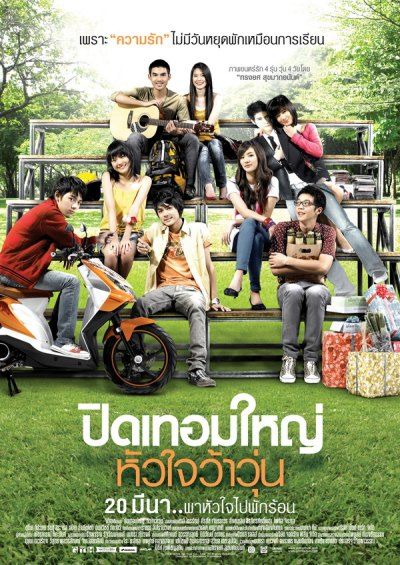
Abb.:
Plakat
[Bildquelle: Wikipedia. -- Fair use]
|
"Hormones (Thai: ปิดเทอมใหญ่ หัวใจว้าวุ่น; RTGS: Pit Thoem Yai Hua Chai Wawun) is a 2008 Thai romantic comedy film directed by Songyos Sugmakanan (ทรงยศ สุขมากอนันต์, 1973 - ). The literal meaning of the Thai title is 'restless hearts during school break' or 'school break, hearts aflutter'. PlotThe film revolves around a group of high school and university students during their school break, and the relationships that develop (or don't). Four threads are followed: Pu (พุ) (Charlie Trairat) and Mai (ไม้) (Sirachuch Chienthaworn) are in competition for Nana (นานา) (Ungsumalynn Sirapatsakmetha), class geek Jo (โจ้) (Ratchu Surachalas) is in love with a popular girl C (ซี) (Chutima Teepanat) while Oh Lek ((โอ๋เล็ก)) (Focus Jirakul) is wild about Taiwanese pop sensation Didi (ตี๋ตี๋) (Lu Ting Wei), and Hern (เหิร) (Chantawit Thanasewee) is thinking of cheating on his girlfriend Nuan (นวล) (Thaniya Ummaritchoti) when he meets Japanese tourist Aoi (อาโออิ/蒼井) (Sora Aoi).[1] Cast
Reception The film saw national release in 163 theatres and earned an unprecedented (for GTH films - จีทีเอช) 10 million baht on its first day, totalling 34.1 million in its opening weekend. It earned a total of 80 million baht in the box office and was the third-largest grossing Thai film in 2008.[3][4]" [Quelle: http://en.wikipedia.org/wiki/Hormones_%282008_film%29. -- Zugriff am 2013-03-27] |
2008-03-28
Thammasat University (มหาวิทยาลัยธรรมศาสตร์): erste öffentliche Versammlung der People’s Alliance for Democracy (PAD, พันธมิตรประชาชนเพื่อประชาธิปไตย, aka. Gelbhemden - เสื้อเหลือง). Thema: wie befreit man Thailand vom Einfluss von Thaksin Shinawatra (ทักษิณ ชินวัตร, 1949 - ).
2008-03-22

Präsidentenwahl in Taiwan: Ma Ying-jeou (馬英九, 1950 - ) (Kuomintang, KMT, 中國國民黨) wird zum Präsidenten gewählt.
Abb.: Ma Ying-jeou (馬英九) (vorne rechts), 2011
[Bildquelle: 記者劉學聖/攝影 / Wikipedia. -- Creative Commons Lizenz (Namensnennung, share alike)]
2008-03-27
Da die Welthandelspreise für Reis enorm gestiegen sind, droht Thailand auf dem Inlandsmarkt Reisknappheit, da die Händler ihre Exporte entsprechend vergrößern. Der Preis für 50 kg Reis in Thailand droht von 700 Baht auf 1500 Baht zu steigen. Die Regierung beschränkt den Reis-Export für das 2. Halbjahr.
Abb.: FAO Reispreis-Index für alle Sorten, 2005 - 2009 (2002 - 2004 = 100, d.h. 2008 war der Welthandelspreis für Reis fast dreimal so hoch wie 2002)
2008-03-31
Das Kulturministerium startet eine Kampagne, dass Frauen an Songkran (สงกรานต์) traditionelle statt offenherzige Kleidung tragen sollen. Das Ministerium gewann als Werbeträger die Band Girly Berry (เกิร์ลลี่ เบอร์รี่). Diese trat dann allerdings an Songkran in ihren gewohnten sexy Kostümen auf. Vermutlich war das nicht im Sinne des Ministeriums.
Abb.: Sollen Reklame für traditionelle Thai-Kleidung machen! Girly Berry (เกิร์ลลี่ เบอร์รี่).
[Bildquelle: th.Wikipedia. -- Fair use]
2008-04
Erstausgabe der Zeitschrift อ่าน ["Lesen"]. Herausgeber: Ida Aroonwong (ไอดา อรุณวงศ์)
Abb.: Einbandtitel von Heft 1, 1
Abb.: Einbandtitel von Heft 5,1 (2013)Editorial der Erstausgabe:
"The task of reading – the calling of READ Aan came into being out of the desire to create another space, somewhere between academic specialisation and common sense, between knowledge and feeling. We neither wish to be an academic journal nor a magazine for easy browsing. (The space we are searching for probably looks like that elusive place between the masculinised terrain of academic ambition and the complex emotional landscape of ‘a room of one’s own.’)
*
The space of Aan is one in which criticism accompanied by footnote citations carries less weight than criticism that dares to stick its neck out – to express the writer’s own voice, biases, conviction (and her humour, of course, bitter or otherwise). This space for criticism is transparent and, in return, welcomes rigorous questioning. We abhor the monopolisation of the ‘judgment of taste’ by seniority or academic ranking; but we are not populist. The criticisms we desire must be based on serious intellectual responsibility and academic rigour. Above all, they cannot be innocent of the cultural politics that shape any experience of reading. Such awareness must inform even the criticisms produced in our restrictive context. This is the task of the critic in a society whose standard for criticism – criticism that takes into account cultural political determinants – is alarmingly stunted.
*
Aan throws its door wide open to any reader who wishes to search for this contradictory other space with us, in the hope of identifying a new standard of criticism. We want to sow the seeds of a culture of criticism that is robust, creative, but commonly inclusive enough to speak to the majority of readers.
*
Simply put, Aan journal will be academic in terms of its content, but popular in its stance.
Or, to coin a snappier phrase, Aan stands for a pleasurably intellectual read.
(Aan Journal, 1:1, April-June 2008)"[Quelle der Übersetzung: http://readjournal.org/ann-english/. -- Zugriff am 2014-10-17]
"In the five years in which the journal has been in circulation, Aan has featured essays, reviews, and visual satire, from leading critics and commentators. These include:
- Chusak Pattarakulvanit [ชูศักดิ์ ภัทรกุลวณิชย์],
- Mukhom Wongthes [มุกหอม วงษ์เทศ],
- Renu Panyadee,
- Chatri Prakitnonthakan [ชาตรี ประกิตนนทการ],
- Sri Dao Ruang [1943 - ],
- Kham Phaka [คำ ผกา, 1972 - ],
- Benedict Anderson [1936 - ],
- Supalak Ganjanakhundee [สุภลักษณ์ กาญจนขุนดี],
- May Adadol Ingawanij [เมย์ อดาดล อิงควานิช],
- Sayan Dangklom,
- Pakavadi [ผกาวดี],
- Wiwat Lertwiwatwongsa (Filmsick) [วิวัฒน์ เลิศวิวัฒน์วงศา],
- David Teh,
- Patrick Jory,
- Rachel Harrison,
- and a lot more."
[Quelle: http://readjournal.org/ann-english/. -- Zugriff am 2014-10-17]
2008-04-03
Premiere des Films Art of the Devil 3 (ลองของ 2) vom "Ronin Team" (โรนินทีม): Pasith Buranajan (พาสิทธิ์ บูรณะจันทร์), Kongkiat Khomsiri (ก้องเกียรติ โขมศิริ, 1975 - ), Isara Nadee (อิสรา นาดี), Seree Phongnithi (เสรี พงศ์นิธิ), Yosapong Polsap (ยศพงษ์ ผลทรัพย์), Putipong Saisikaew (พุฒิพงศ์ สายศรีแก้ว), Art Thamthrakul (อรรถ ธรรมตระกูล)
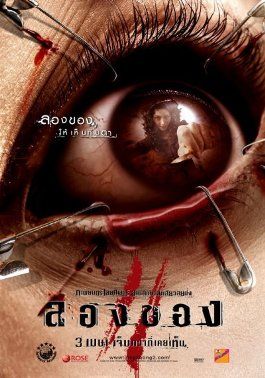
Abb.:
Plakat
[Bildquelle: Wikipedia. -- Fair use]
|
Art of the Devil 3 (Thai: ลองของ 2 or Long khong 2) is a 2008 Thai horror film directed by Pasith Buranajan (พาสิทธิ์ บูรณะจันทร์), Kongkiat Khomsiri (ก้องเกียรติ โขมศิริ, 1975 - ), Isara Nadee (อิสรา นาดี), Seree Phongnithi (เสรี พงศ์นิธิ), Yosapong Polsap (ยศพงษ์ ผลทรัพย์), Putipong Saisikaew (พุฒิพงศ์ สายศรีแก้ว), Art Thamthrakul (อรรถ ธรรมตระกูล) (known collectively as the "Ronin Team") - (โรนินทีม). It was released by Five Star Production. PlotA prequel to the 2005 film Long khong (ลองของ Art of the Devil 2), Art of the Devil 3 fills in the back story of Miss Panor, portrayed by Napakpapha Nakprasitte (นภคปภา นาคประสิทธิ์, 1981 - ), who turns to black magic to exact revenge upon her tormentors." [Quelle: http://en.wikipedia.org/wiki/Art_of_the_Devil_3. -- Zugriff am 2013-03-26] |
2008-04-03
Premiere des Films Nak (นาค) von Natthaphong Ratanachoksirikul (ณัฐทพงศ์ รัตนโชคสิริกูล)
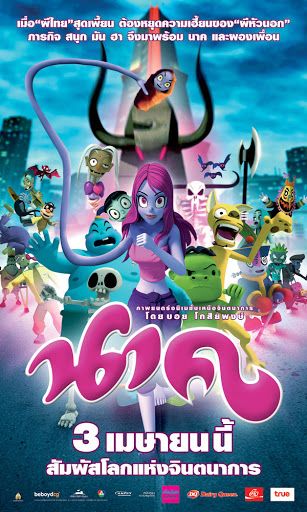
Abb.:
Plakat
[Bildquelle: Wikipedia. -- Fair use]
|
"Nak (Thai: นาค) is a Thai animated fantasy film that was released on April 3, 2008.[2] (กระหัง)The story is based on ghosts of the folklore of Thailand, who in this movie shed their sinister reputation and are the heroes. Nak, its central character, is based on the figure of Mae Nak (แม่นากพระโขนง), a Thai female spirit that has a baby and can stretch her arms. Nak's striking fuchsia-colored hair and eyes in this movie are a departure from her alleged looks in traditional lore though.[3] Other spirits familiar to Thai people that appear in this movie are Phi Hua Kat (ผีหัวขาด), Krahang (กระหัง), Krasue (กระสือ), Phi Am (ผีอำ), Nang Tani (นางตานี), Nang Takian (นางตะเคียน) and Phi Phong (ผีโพง). Ghosts from other backgrounds such as Phi Yipun, the scary woman with long, stringy black hair wearing a white gown, a well-known onryō (怨霊) from Japanese horror films based on the Yotsuya Kaidan (四谷怪談) story, also have a role in the Nak movie." [Quelle: http://en.wikipedia.org/wiki/Nak_%282008_film%29. -- Zugriff am 2013-03-27] |
2008-04-10

121 illegale birmanische Fremdarbeiter werden in einem Kühl-Laster nach Ranong (ระนอง) geschmuggelt. 54 davon sterben, da das Lüftungssystem des Lasters ausfällt.
Abb.: Lage von Ranong (ระนอง)
[Bildquelle: OpenStreetMap. -- Creative Commons Lizenz (Namensnennung, share alike)]
2008-04-25
Premiere des Films 4bia oder Phobia (สี่แพร่ง) von Youngyooth Thongkonthun (ยงยุทธ ทองกองทุน, 1967 - ), Banjong Pisanthanakun (บรรจง ปิสัญธนะกูล), Parkpoom Wongpoom (ภาคภูมิ วงศ์ภูมิ) und Paween Purijitpanya (ปวีณ ภูริจิตปัญญา, 1978 - ).
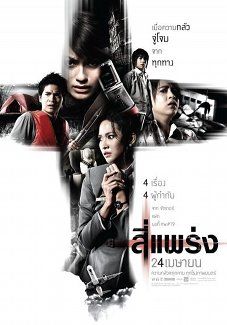
Abb.:
Plakat
[Bildquelle: Wikipedia. -- Fair use]
|
"4bia or Phobia (Thai: สี่แพร่ง; RTGS: Si Phraeng; literally "Four crossroads") is a 2008 Thai horror film in four parts, directed by Youngyooth Thongkonthun (ยงยุทธ ทองกองทุน, 1967 - ), Banjong Pisanthanakun (บรรจง ปิสัญธนะกูล), Parkpoom Wongpoom (ภาคภูมิ วงศ์ภูมิ) and Paween Purijitpanya (ปวีณ ภูริจิตปัญญา, 1978 - ). Plot
A young woman, stuck in her apartment due to the cast on her leg, communicates with the outside world via cell phone and text messages. She complained to her boyfriend, Puak (เผือก), who went on a camp trip in Chiang Mai (เชียงใหม่), that she felt so lonely. Every night she exchanges text messages with a stranger, who asked to befriend her and seems friendly enough, and there’s no reason for her to read between the lines when he mentions that he is currently dwelling somewhere “cramped.” After sending the mysterious stranger her picture, she asks for one in return and is sent the same picture. When she questions him, he says he is in the picture next to her. A ghostly face is slightly visible next to her smiling face. As she researches recent deaths she discovers that the son of Princess Sophia of Virnistan died and was buried with a cellphone. She then gets a text saying that he will come to her place now. All of the lights begin to go out and the young woman cries in fear. She is then assaulted by the ghost and is thrown out of the window to her death. We are then shown a scene from the past where the prince receives a text message from his girlfriend ending the relationship which makes him walk in front of a taxi cab causing an accident, same accident that was the cause of the main character's broken leg as she was inside the cab.
A nerdy student named Ngid saw his school friends take some drugs, and he was beaten to death. One of the gang's member, Pink (พิ้งค์), was worried but failed to stop her friends from bullying Ngid. Unfortunately, when he was beaten, he cursed his friends on a deadly charm, which requires a picture of a person died with his/her eyes open. Things get worse when everything keeps moving by itself when ordered by Ngid's soul, and one by one the drug addicts start dying. Even though Pink didn't beat him, Ngid's soul decided not to spare her too because she had seen it all yet had not do anything to help him. In order to save her life, Pink pops out her own eyeballs. It was revealed later that the picture Ngid used to practice the charm is of the young woman in the first story.
Four rafting-lovers, Aey, Ter, Shin, and Puak (เผือก) were rafting in a lonely jungle. At night in the camp, Aey told his friends that if he is dead, the person who slept in the middle was the next to die with him. The next day, when they were swimming in the river things get worse because Aey was drowned and wasn't found. They were scared, but decided to stay, and fight over who gets to sleep in the middle (they are frightened by Aey's story). That night, Aey came back, but strange events happening afterwards made his friends become suspicious. Shin then found Aey's body. Frightened, they went running in the woods but eventually get shocked by the twist, that they found their own bodies. The twist told them that all of them were dead, but only Aey accepted this, and the other three didn't, so Aey's soul warned them that they were drown like him. At the end, the four became ghosts together.
Flight attendant Pim (พิมพ์) is secretly having an affair with Prince Albert of Virnistan. One day she is ordered to go aboard an airliner on a charter flight for Princess Sophia, the wife of the Prince. Her fellow stewardess, Tui, was unable to attend the flight as her brother Ter had been found drown in Chiang Mai. What was supposed to be an ordinary flight turns into something tragic when the princess forms an allergic reaction to Pim's lunch as it contained shrimp to which the princess is allergic to. After the royal house of Khurkistan requests that her corpse be sent back immediately for cremation, Pim (Chermarn Boonyasak) is required to remain on the plane and escort the body - the only passenger - for the return flight. As the Princess tries to get out of her shroud, Pim's worst nightmare began. When the plane landed, Pim's body was found laying on the floor, under the feet of the intactly enshrouded corpse of Princess Sophia. Cast
[Quelle: http://en.wikipedia.org/wiki/4bia. -- Zugriff am 2013-03-26] |
2008-04-27 - 2004-05-03

Zyklon Nargis verwüstet Burma: mindestens 84.500 Tote, Hunderttausende Obdachlose. In der thailändischen Provinz Tak (ตาก) werden durch die heftigen Niederschläge über 1000 Personen obdachlos.
Abb.: Zugbahn des Zyklons Nargis, 2008-04-27 - 2004-05-03
[Bildquelle: Wikipedia. -- Public domain]
Abb.: Zyklon Nargis, 2008-05-01
[Bildquelle: NASA / Wikimedia. -- Public domain]
2008-04-28


Bericht von US-Botschafter Eric G. John an das State Departement in Washington DC:
|
"SUBJECT: THAI DEMOCRACY ABROGATED AND RESTORED: LESSONS
LEARNED [...] WHY SUCH TEPID OPPOSITION TO THE COUP? 3. (C) The coup leaders benefited from an appearance of Palace endorsement. King Bhumibol publicly signaled his acquiescence (if not support) when granting an audience to Sonthi [Sonthi Boonyaratglin - สนธิ บุญยรัตกลิน, 1946 - ] and the other coupmakers involved on the night of their coup. Like many of their predecessors, the leaders of the 2006 coup portrayed themselves as forced to act to protect the King, highlighting their allegiance when identifying themselves as (roughly translated) "the Council for Democratic Reform under the Monarchy" (CDRM) [คณะมนตรีความมั่นคงแห่งชาติ], and receiving the King's imprimatur in the form of a Royal Command appointing Sonthi as the head of the CDRM. We believe signals of Palace support -- or, at a minimum, acceptance -- played an important role in promoting the public's acceptance of the coup, although other key factors included widespread frustration with the ongoing political crisis and faith in the coup leaders' promise to hold elections in approximately one year.
[Bildquelle: The Official Site of The Prime Minister of Thailand Photo by พีรพัฒน์ วิมลรังครัตน์. -- http://www.flickr.com/photos/40561337@N07/3874683889/. -- Zugriff am 2013-02-19. -- Creative Commons Lizenz (Namensnennung)] 4. (C) Politicians, with their lucrative livelihood at stake, were the primary figures pressing publicly for a quick return to a democratically-elected government. Even before the coup, established Thai NGOs -- which traditionally focus on rural development -- for the most part stayed away from debates about national politics. After the coup, few NGOs appeared to contribute meaningfully to pro-/anti-coup discourse; the most visible and active NGOs were newly-formed partisan organizations clearly linked to Thaksin [ทักษิณ ชินวัตร, 1949 - ], while even smaller anti-coup groups that emerged were suspected to be mere fronts established by the deposed PM's allies. 5. (C) Some student groups adopted positions toward the coup, but students did not mobilize demonstrations, and their collective opinion did not become a meaningful factor, unlike in prior eras. In recent years, political issues generally have not energized Thai students, especially at Bangkok's most prestigious universities; student groups for the most part were not involved in the pre-coup anti-Thaksin protests. It appears that, under contemporary conditions, the authorities would have to egregiously affront the sensibilities of the elite and middle class in order to generate a widespread student response. FOREIGN PRESSURE NOT DECISIVE 6. (C) The coup leaders and the interim administration had many concerns influencing their willingness to proceed with December's election, including their physical safety and prospects for retaining political influence. The stakes for the coup leaders were enormous; they had overthrown one of Thailand's most powerful and vindictive Prime Ministers. Thus, we find it difficult to imagine any set of foreign sanctions that could have had a decisive impact while also being compatible with the longstanding friendship between Thailand and the West. 7. (C) The interim authorities at times demonstrated a willingness to treat foreign attitudes as peripheral. For example, the authorities were slow to rescind martial law in much of the country, even though Surayud [Surayud Chulanont - สุรยุทธ์ จุลานนท์, 1943 - ] offered us his assurance he would proceed rapidly on this oft-raised issue. Nevertheless, the Thai did indicate sensitivity to foreign opinion. When the interim cabinet was inaugurated in October 2006, King Bhumibol specified that repairing Thailand's international image should be a top priority, along with helping flood victims.
WHAT WENT WRONG? 10. (C) Within weeks of the coup, the military leadership fulfilled a commitment to hand governance over to a civilian cabinet. While the public had high expectations for interim Prime Minister Surayud Chulanont when he was appointed, many in the political class questioned Surayud's appointment of a cabinet consisting predominantly of senior or retired bureaucrats, 20 of whom were at least 60 years old. With few exceptions (such as controversial efforts at the Health Ministry), Surayud and his cabinet were not inclined to use their authority to push through bold reforms. Rather, most interim administration members seemed content just to keep the government functioning until they could hand the reins over to elected officials. The Ministers who did take energetic action seemed to do so without guidance or control from the Prime Minister. Surayud's administration appeared particularly inept at managing the economy. Moreover, neither prosecutors nor independent corruption investigators proved able to build a compelling legal case against deposed Prime Minister Thaksin. 11. (C) Despite government attempts to discredit and marginalize him, Thaksin remained popular, especially in some rural areas. Political figures overtly loyal to him appeared to have access to ample funds for their activities, and they received a fair amount of media coverage. As the December election approached, numerous polls and analyses indicated that the pro-Thaksin People's Power Party (PPP) was likely to win a plurality. Some pro-coup figures appeared reluctant to return to democracy in that environment, but they were unable to roll back the legal and public commitments to elections, which enjoyed widespread support, including from Prime Minister Surayud and the general public. ROYALISTS COULDN'T BLOCK THAKSIN BUT AREN'T VANQUISHED
[Bildquelle: hhttp://www.ohm.go.th/other_media/media_detail/album_item/96556/TH?iframe=true&width=1020&height=1164. -- Zugriff am 2013-02-19. -- Fair use] 12. (C) The 2007 election provided a useful indicator of the limits of Palace influence. Plausible rumors in the period leading up to the election claimed that Queen Sirikit [สิริกิติ์, 1932 - ] sought actively to block the return to power of pro-Thaksin forces. We may attribute the failure of such efforts to divisions within the royal family, or to the lack of mechanisms to effectively convey Palace views to the public while maintaining plausible claims that the Chakri dynasty plays an appropriately apolitical role. Whatever the reason, it is clear that the monarchy carries enormous influence but, even when some of its core interests are at stake, lacks full control over the course of events. While the King likely could send blunt signals to achieve virtually any short-term outcome he desires (as in 1992, when he pushed General Suchinda [Suchinda Kraprayoon - สุจินดา คราประยูร, 1933 - ] from power), such intervention could transform the role of the royal family in ways that open it up to criticism and, over the long run, jeopardize its current lofty standing. 13. (C) PPP's victory in the election marked a setback for the coup leaders. But the failure to block Thaksin's political comeback did not represent capitulation by or marginalization of the royalist oligarchy. With the return to power of a pro-Thaksin government, we may once again see a situation in which a party championing populism and drawing its strength from the countryside moves to accumulate power and prestige at the expense of the Palace and its Bangkok-based blue-blood allies. A fundamental tension between these two camps remains, and it could lead to further bitter conflict, prompting public or private calls for military intervention." [Quelle: http://wikileaks.org/cable/2008/04/08BANGKOK1293.html. -- Zugriff am 201302-19] |
2008-04-30
Das Telegrafenamt wird eingestellt. In den letzten fünf Jahren hatte es jährlich 300 Mio. Baht Defizit gemacht.
2008-05

Der Schmuggel von chinesischem Knoblauch (กระเทียม / 蒜) nach Thailand hat solche Ausmaße angenommen (2008: vermutlich 300.000 Tonnen), dass Militärpatrouillen eingesetzt werden, um die Grenzen gegen den Schmuggel zu schützen.
Abb.: Durch Billig-Knoblauch aus China in seiner Existenz bedroht: Knoblauch-Bauer, Thailand, 2011
[Bildquelle: David. -- http://www.flickr.com/photos/wtdy/5607064736/. -- Zugriff am 2012-02-26. -- Creative Commons Lizenz (Namensnennung, keine kommerzielle Nutzung, share alike)]
2008-05

Eine Wirtschaftsdelegation unter Leitung von Bundeswirtschaftsminister Michael Glos (CSU) (1944 - ) besucht Thailand.
2008-05-06
Handy-Benutzung ohne Freisprechanlage während des Autofahrens wird in Bangkok verboten. Bei Zuwiderhandlung drohen 400 bis 1000 Baht Bußgeld sowie 10 Punkte in der Verkehrssünderkartei (bei 60 Punkten gibt es Fahrverbot).
Abb.: Ist jetzt verboten. 2006
[Bildquelle: Andrew. -- http://www.flickr.com/photos/leprecon/348772200/. -- Zugriff am 2012-01-11]. -- Creative Commons Lizenz (Namensnennung, keine kommerzielle Nutzung, keine Bearbeitung)]
2008-05-07

Im Rahmen des Projekts „Schulen, Partner der Zukunft“ unterzeichnet das Goethe Institut Bangkok mit 7 Schulen Abkommen zur Förderung des Deutschunterrichts. Die Schulen befinden sich in
- Bangkok (2)
- Nonthaburi - นนทบุรี
- Phuket - ภูเก็ต
- Ubon Ratchathani - อุบลราชธานี
- Khon Kaen - ขอนแก่น
- Chiang Mai - เชียงใหม่
Abb.: Lage der Partnerschulen
[Bildquelle: CIA. -- Public domain]
Abb.: Hier werden Deutschkenntnisse gebraucht. Chiang Mai (เชียงใหม่), 2001
[Bildquelle: Ray_from_LA. -- http://www.flickr.com/photos/15132846@N00/2500100645/. -- Zugriff am 2012-02-26. -- Creative Commons Lizenz (Namensnennung)]
2008-05-14

Kambodscha: Eröffnung von der renovierten 152 km langen Highway 48. Die Straße wurde mit einer Finanzhilfe Thailands von 1 Milliarde Baht gebaut. Sie erleichtert den Transport von Kambodscha über Koh Kong (ក្រុងកោះកុង) und Trat (ตราด) zum Hafen Laem Chabang (แหลมฉบัง). Bei der Eröffnung sind anwesend Außenminister Noppadon Pattama (นพดล ปัทมะ, 1961 - ) und der stellvertretende Ministerpräsident Somchai Wongsawat (สมชาย วงศ์สวัสดิ์, 1947 - ). Noppadon trifft den kambodschanischen stellvertretenden Ministerpräsidenten Sok An (សុខ អាន, 1950 - ) und bespricht mit ihm den Plan eines gemeinsamen thai-kambodschanischen Managements von Prasat Preah Vihear (ប្រាសាទព្រះវិហា / ปราสาทพระวิหาร).
Abb.: Verlauf von Highway 48 zur thailändischen Grenze
[Bildquelle: OpenStreetMap. -- Creative Commons Lizenz (Namensnennung, share alike)]
2008-05-16
Premiere des Films Soi Cowboy (ซอยคาวบอย) von Thomas Clay
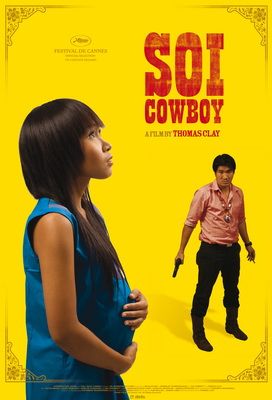
Abb.: ©Plakat
[Fair use]
|
"Soi Cowboy (Thai: ซอยคาวบอย) is a 2008 Thai drama film directed by British director Thomas Clay. The film stars Nicolas Bro (1972 - ) as a Danish expatriate living in Bangkok and Pimwalee Thampanyasan as his Thai girlfriend. Soi Cowboy was first shown at the 2008 Cannes Film Festival in Un Certain Regard. PlotOverweight expatriate Tobias shares his Bangkok apartment with his pregnant Thai girlfriend Koi. They have so little in common that their relationship is conducted in near silence though they tolerate each other for reasons of security and companionship. Their lives are uneventful and dull until a provincial mafia hitman arrives on the scene. Cast
[Quelle: http://en.wikipedia.org/wiki/Soi_Cowboy_%28film%29. -- Zugriff am 2013-03-27] |
2008-05-17

Drei Wochen nachdem der Zyklon Nargis in Burma schätzungsweise 78.000 Tote und 56.000 Vermisste zurückgelassen hat, lässt Burma ausländische (asiatische) Ärzte ins Land. Zur Gruppe der zugelassenen über 100 Ärzte gehören auch 30 Thai Ärzte.
2008-05-22

Paris (Frankreich): gemeinsames Communiqué von Außenminister Noppadon Pattama (นพดล ปัทมะ, 1961 - ) und kambodschanischen stellvertretenden Ministerpräsidenten Sok An (សុខ អាន, 1950 - ): Thailand bekräftigt seine volle Unterstützung bei Kamboschas Bemühen, Prasat Preah Vihear (ប្រាសាទព្រះវិហា / ปราสาทพระวิหาร) als UNESCO Welterbe eintragen zu lassen.
Die PAD (People’s Alliance for Democracy - พันธมิตรประชาชนเพื่อประชาธิปไตย aka. Gelbhemden - เสื้อเหลือง) bezeichnet Noppadon als Verräter, der 4,6 km² von Thailand für Geschäftinteressen Thaksin Shinawatras tauscht.
2008-05-28

Der Verfassungskonvent Nepals beschließt mit 560 zu 4 Stimmen die Abschaffung der Monarchie. König Gyanendra Bir Bikram Shah Dev (ज्ञानेन्द्र वीर विक्रम शाहदेव, 1947 - ) Gyanendra verlässt am 11. Juni seinen Palast.
Abb.: Nepal
[Bildquelle: CIA. -- Public domain]
Abb.: Auch Gottkönige können stürzen: Gyanendra Bir Bikram Shah Dev (ज्ञानेन्द्र वीर विक्रम शाहदेव), 2009
[Bildquelle: Ingmar Zahorsky. -- http://www.flickr.com/photos/ingmar/3963119646/. -- Zugriff am 2012-01-05. -- Creative Commons Lizenz (Namensnennung, keine kommerzielle Nutzung, keine Bearbeitung)]
2008-05-30

Minister Jakrapob Pankair (จักรภพ เพ็ญแข, 1967 - ) tritt zurück, da ihm ein Verfahren wegen lèse-majesté (Majestätsbeleidigung) droht. Er hatte 2007 im Foreign Correspondents' Club of Thailand gesagt, dass die Leute selbstbestimmte Demokratie wollen und nicht bevormundende Patronage, die Dankbarkeit fordert.
Abb.: Jakrapob Pankair (จักรภพ เพ็ญแข)
[Bildquelle: th.Wikipedia. -- Fair use]Zitat aus seiner Rede:
"Current political crisis in my opinion is the clash between Democracy and Patronage system directly. It’s a head on clash. And this would change Thailand and its foundations. The stake is very high for both sides, I mean Democracy and Patronage; and if you take the result of the August 19th referendum seriously, you are observing the clash between the 56% and the 41% of the entire population.
Never before has such a high number of people came out to say that we no longer need your Patronage. It’s simply Democracy that we want not someone to pat in the back, not someone to say that well I’ll make your life a little better, but you should feel more grateful to it."
[Quelle: http://thaipoliticalprisoners.files.wordpress.com/2009/01/jakrapob-at-the-fcct1.pdf. -- Zugriff am 2012-01-11]
2008-06
Die Jahres-Inflationsrate steigt auf 8,9%.
2008-06
ABAC Poll Umfrage
Abb.: Prozentsatz der Befragten, die die genannte Behauptung verneinen, 2008-06
[Datenquelle: ABAC Poll. -- http://louderexplosions.blogspot.de/2008/06/another-abac-poll.html. -- Zugriff am 2014-02-19]
2008-06
Laut einer Umfrage von Positioning Magazine und der Zeitung Siam Rath (สยามรัฐ) ist der Pop-Sänger Bie (บี้ = Sukrit Wisetkaew - สุกฤษฎิ์ วิเศษแก้ว, 1985 - ) eine der einflussreichsten Persönlichkeiten Thailands.
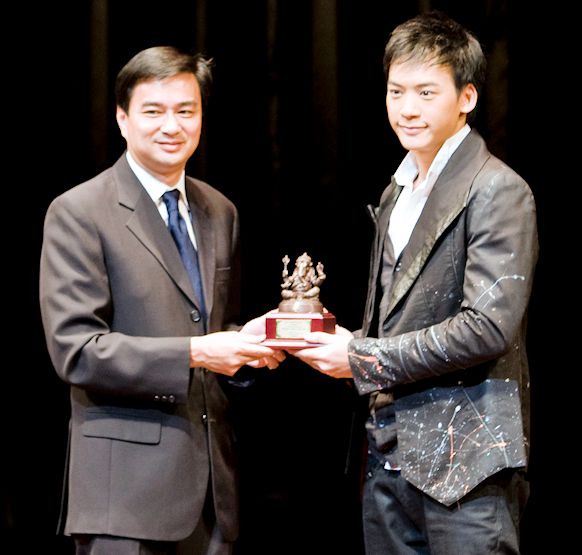
Abb.: Bie
(บี้) (rechts) mit
Ministerpräsident Abhisit, 2009
[Bildquelle: he Official Site of The
Prime Minister of Thailand Photo by พีรพัฒน์ วิมลรังครัตน์. --
http://www.flickr.com/photos/40561337@N07/3777007850/.
-- Zugriff am 2013-04-11. --
Creative
Commons Lizenz (Namensnennung)]
|
"Sukrit Wisetkaew (Thai: สุกฤษฎิ์ วิเศษแก้ว, RTGS: Su-krit Wisetkaeo, pronounced [sù.krìt wí.sèːt.kɛ̂ːw], born September 4, 1985),[2] commonly known by his nickname Bie (บี้; RTGS: Bi), is a Thai pop singer and actor. He was discovered on the third season of a Thai television talent contest The Star (เดอะสตาร์ ค้นฟ้าคว้าดาว).[2] After winning the position as the first runner-up in The Star 3, Bie became one of the hottest rising singers and gained immense popularity after his debut single I Need Somebody. He is well known as Bie The Star (Thai: บี้ เดอะสตาร์ ). Besides his career as a singer and an actor in TV drama and sitcom, he was also trained to be a stage actor in several musicals. Behind the Painting is one of his musical master pieces in which he acted as one of the leading roles. In 2008, after under 2 years in the entertainment business, Bie became one of The Most Influential People in Thailand, according to a poll by the Thai Positioning magazine[3] and Siamrath (สยามรัฐ) .[4] BiographyEarly life Bie was born in 1985 in Chiang Mai (เชียงใหม่), Thailand. His nickname is Bie comes from his full nickname "Gumbie" (กัมบี้), which translates to Dragonfly. He has an elder sister named Mangpor (แมลงปอ) [2] whose name also has the same meaning. Bie attended high school at Montfort College (โรงเรียนมงฟอร์ตวิทยาลัย),[5] at Chiang Mai, and he was in the Science/Mathematics program. After that he attended King Mongkut's University of Technology Thonburi (มหาวิทยาลัยเทคโนโลยีพระจอมเกล้าธนบุรี) at Bangkok, receiving a Bachelor of Engineering ( Mechatronics Engineering) degree in 2009. During his college years, he decided to audition for the third season of The Star. During college, he spent time both studying and working hard as an actor and singer in the entertainment business.[2] The Star 2006In early 2006, Bie auditioned for the third season of The Star. Even though he did not impress all three commentators, he consistently received the highest number of votes each week.[6] He made it through to become one of the two final contestants, but he did not win the competition. Immediately after becoming runner-up in The Star 3 competition, Bie signed a contract with Exact and GMM Grammy.[7] 2006–2007: Bie the starBie is a singer and actor of Exact, under GMM Grammy. After his victory on The Star, he began training under a management agency GMM Grammy. His first single, "I Need Somebody", was released in Thailand in October 2006.[8] After the song peaked on the radio charts for many weeks, it received the award as the number one Love song single of 2006 from Star Entertainment Awards, Seed Awards, and In Young Generation Choice Awards.[9] Besides his career as a singer Bie also took time to star in his first drama series called "Roy Adeed Hang Ruk" (รอยอดีตแห่งรัก). It is now in many languages including the Philippines, Cambodian[10] and Indian.[11] With his naturally humorous character, he also has starred in the ongoing sitcom called "Nut Kub Nut"[12] since early 2007 to present. In May 2007, Bie starred in his second drama series called "Hua Jai Sila" (หัวใจศิลา) with Fang Pichaya (ฟาง พิชญา, 1988 - ). Following the success of his debut as a singer and actor, Bie was offered by "Thakonkiat Veerawan" (ถกลเกียรติ วีรวรรณ, 1966 - ) [13] managing director of Exact & Scenario, to star in the Musical theatre "Banlang Mek" as youngest son, Pakorn starring along side Sinjai Plengpanich (สินจัย เปล่งพานิช, 1965 - ), one of Thailand leading actresses.[14] The musical was extremely successful, with 47 performances, and trained him to become one of Thailand's leading stage stars.[13] 2008 : Most popular starBie's second album, I Love You Too (ไอเลิฟยูทู), was released on 26 March 2008,[15] and his single "Jungwa Huajai" (จังหวะหัวใจ, Rhythm of the Heart) peaked at number one on many charts in Thailand.[16] The second single from this album called "Someone" also peaked at number one at EFM and Hotwave charts.[17] Furthermore, this album ranked as one of the best-selling albums of GMM Grammy of the year. In May, Bie had his first solo concert, "Love Attack" (บี้ เลิฟแอตแทค). This concert was held in Thailand's biggest concert hall "Impact Arena" (อิมแพ็ค เมืองทองธานี). This was very surprising to many because he had only been in the entertainment business for only under 2 years.[18] However ticket sales were through the roof and the concert was sold out in 2 days. A second show was thus added for the viewers.[18] His popularity as a singer also won him Singer of the Year Award at the Top Awards and Popular Artist of the Year at Siam Dara Awards.[19] In August, due to his stage charisma, that he beam and glow on the stage,[13] Bie returned to the stage in an even bigger musical, Behind the Painting (ข้างหลังภาพ - Khang Lang Pharp), with 49 performances.[20] This was his first lead role in a musical, even though he had only recently began his singing and acting career, especially for musical theatre.[21] In this show, his role was a young Thai student studying abroad in Japan who falls in love with a dynasty woman older than he is, played by Pat Suthasinee (แพท สุธาสินี, 1975 - ) who is known as the musical princess of Thailand.[22] This year his career won him Popular Star of the Year at Nine Entertain Awards.[23][24] He also won the Influential People of The Year award in Thailand's social circle, by Position[3] and Siamrath.[4] 2009 - presentHis single "Maak Maai" (มากมาย: Plenty) from the third album, "Hug Bie" (ฮักบี้: 'Hug' in Northern Thai means love), has more than 5 million digital downloads . This album peaked at number one top digital downloads of GMM Grammy in 2009 and sold more than 1 million copies to date.[25] Bie came back to star in a drama series called "Prajan See Roong" (พระจันทร์สีรุ้ง: The Rainbow-colored Moon) [26] with a famous actress Aff Taksaorn (แอฟ ทักษอร, 1980 - ). This drama series was not a production of Exact, it was his first time working with "Lakorn Thai" (ละครไท) at Channel 3. Bie was not cast for this role but it was given to him by "Da Hathairat", the owner and producer of Lakorn Thai production.[27] Prajan See Roong also awarded Mental Health Media Award 2009, TV Drama of the Year from Nine Entertain Awards 2010 and The Best Drama Award from Siam Dara Stars Awards 2010. In July, Bie performed a second solo concert called "Love Maak Maai" (Love มากมาย) at Impact Arena hall, tickets were sold out in a day, and so a second show was added to the schedule.[28] This year Bie was also continually awarded Popular Vote Artist Award from Sudsapda awards 2009 and Hot Singer of The Year from TV Inside Hot Awards. On May 2010, Bie came back with his 4th series which was a comedy, "Dok Ruk Rim Tang" (ดอกรักริมทาง: The sidewalk love flower). The drama had the highest viewer ratings of Exact series in this year.[29] On July 4, Bie had ordinated into a monk for 10 days. This year he also awarded Most Popular Star of the Year for 2 Consecutive Years at Nine Entertain Awards.[30] and Star Popular Vote from Siamdara Star Awards 2010,[31] In October 2010 Bie represented Thailand and performed at the 7th Asia Song Festival, organised by Korea Foundation for International Culture Exchange, at the Seoul Olympic Stadium (서울종합운동장).[32] On the 2nd of March, a quiz show called Fan Pan Tae (แฟนพันธุ์แท้) aired an episode on Bie. The quiz show was extremely popular, and tested the contestants' wits and knowledge about Bie. While the questions were said to be "ridiculously hard", a woman named Apichaya Chuankao (อภิชญา จวนเก่า) could answer every question on Bie, with an example being "From this picture (which was completely black and white, and showed only Bie's posture), which song is he dancing to?" The final catch of the program was when Bie actually appeared and awarded Apichaya personally- to the surprise of everyone including the audience. Bie released his first single "Glua Tee Nai" (กลัวที่ไหน: I'm not afraid) and soon released A single called "Rak Na Ka" (รักนะคะ: Love you) from his new album ' Rak Na Ka ' which will be released on the 10 March 2011 and the VCD is on the 31 March 2011. Social Responsibility ActivitiesBie has continually participated in socially beneficial activities of Thai society. He also received the honorary awards from many agencies including Outstanding Youth Award 2009 from Ministry of Education,[33] Award for "Filial Children Towards their Mothers" from Ministry of Social Development and Human Security[33] and Diamond Song Award Best Rendition in Thai.[34] Bie was a Presenter for "Moral Support" campaign, the project worked on areas that HRH Princess Bajrakitiyabha (พัชรกิติยาภา, 1978 - ) has expressed concern. In 2008 Office of the Narcotics Control Board had appointed Grammy artists Bie the star presenter, by Outstanding of Pertinacity, in the annual campaign against drugs. Bie was also the Ambassadors for "Stop violence towards children, women and family violence" campaign of Ministry of Social Development and Security.[35] Besides, he also participated in "Just Say No" project, a campaign against drugs in 2008.[36] In 2009, Ministry of Public Health has appointed him a Presenter for "Health Support" campaign.[37] He was also a representative of the KMUTT's graduates, in Outstanding Activities, to present a wrist garland to Her Royal Highness Princess Maha Chakri Sirindhorn (มหาจักรีสิรินธร, 1955 - ), who presided over the Graduation Ceremony 2009. The end of year, Bie had in the special concerts by various artists, in a special event "The Greatest of the Kings, the Greetings of the Land", the 82nd birthday of His Majesty the King, led by the government offices,[38] the theme song King of Kings has been specially composed for this event. Bie sang a song "Roop Tee Mee Took Baan"[39] (the portrait which is in every households). In 2010 Bie started with "The Big Green Miracle" Project of Sudsapda's which he was chosen. The project is about doing good for the community, nature and the environment.[40]" [Quelle: http://en.wikipedia.org/wiki/Sukrit_Wisetkaew. -- Zugriff am 20013-04-11] |
2008-06-04


Aufführung des Joe Louis (โจหลุยส์) Puppet Theatre in Lausanne (Schweiz) zur Erinnerung an Prinzessin Galyani Vadhana (ศาสตราจารย์ (พิเศษ) พลเอกหญิง พลเรือเอกหญิง พลอากาศเอกหญิง สมเด็จพระเจ้าพี่นางเธอ เจ้าฟ้ากัลยาณิวัฒนา กรมหลวงนราธิวาสราชนครินทร์, 1923 - 2008), die ihr Leben zumeist in Pully verbracht hatte.
Abb.: Joe Louis (โจหลุยส์) Puppet Theatre, 2008
[Bildquelle: Chrissy H. -- http://www.flickr.com/photos/teachingsagittarian/3102741798. -- Zugriff am 2014-10-13. -- Creative Commons Lizenz (Namensnennung, keine kommerzielle Nutzung, share alike)]
2008-06-05
Kundgebung der Gelbhemden (เสื้อเหลือง)
Abb.: Kundgebung der Gelbhemden (เสื้อเหลือง), Bangkok, 2008-06-05
[Bildquelle: Adaptor-Plug. -- http://www.flickr.com/photos/11401580@N03/2556133224/. -- Zugriff am 2012-10-18. -- Creative Commons Lizenz (Namensnennung, keine kommerzielle Nutzung)]
2008-06-06
Abb.: Karikatur der Gelbhemden (เสื้อเหลือง) auf Ministerpräsident Samak Sundaravej (สมัคร สุนทรเวช, 1935 - 2009), Bangkok, 2008-06-06
[Bildquelle: Adaptor-Plug. -- http://www.flickr.com/photos/11401580@N03/2557439971/. -- Zugriff am 2012-10-18. -- Creative Commons Lizenz (Namensnennung, keine kommerzielle Nutzung)]
Abb.: Karikatur der Gelbhemden (เสื้อเหลือง) auf Thaksin Shinawatra (ทักษิณ ชินวัตร, 1949 - ), Bangkok, 2008-06-06
[Bildquelle: Adaptor-Plug. -- http://www.flickr.com/photos/11401580@N03/2558347900/. -- Zugriff am 2012-10-18. -- Creative Commons Lizenz (Namensnennung, keine kommerzielle Nutzung)]
Abb.: Karikatur der Gelbhemden (เสื้อเหลือง) auf Thaksin Shinawatra (ทักษิณ ชินวัตร, 1949 - ), Bangkok, 2008-06-06
[Bildquelle: Adaptor-Plug. -- http://www.flickr.com/photos/11401580@N03/2557531139/. -- Zugriff am 2012-10-18. -- Creative Commons Lizenz (Namensnennung, keine kommerzielle Nutzung)]
2008-06-06 - 2008-06-08

9th International Indian Film Academy Awards (der International Indian Film Academy) in Bangkok.

Abb.: Als
beste Schauspielerin ausgezeichnet: Kareena Kapoor (करीना कपूर, 1980 -),
2012
[Bildquelle: Bollywood Hungama (IndiaFM) / Wikipedia. --
Creative
Commons Lizenz (Namensnennung)]
| "The
International Indian Film Academy Awards
(अंतर्राष्ट्रीय भारतीय फ़िल्म
अकादमी पुरस्कार), also known as the
IIFA Awards
are presented annually by the
International Indian Film Academy to honour both artistic and
technical excellence of professionals in Bollywood, the Hindi
language film industry. The event was last held at Singapore in the
year 2012. Instituted in 2000, the ceremony is held in different
countries around the world every year. This award ceremony has been
organised by Wizcraft International Entertainment Pvt Ltd – one of
India’s premier event management and entertainment agencies – since
its inception." [Quelle: http://en.wikipedia.org/wiki/International_Indian_Film_Academy. -- Zugriff am 2013-04-21] |
2008-06-07 - 2008-06-29
Die Endrunde der 13. Fußball-Europameisterschaft (UEFA EURO 2008) in Österreich und der Schweiz. In Thailand blüht das Geschäft mit illegalen Wetten darauf. Die Polizei stellt über 500 Mio. Bath an Wetteinsätzen sicher. Über 1000 Wetter werden verhaftet. Online-Wetten florieren. Einzelne Schüler haben 100.000 [!] Baht Spielschulden.
Abb.: ®Logo
[Bildquelle: Wikipedia. -- Fair use]
2008-06-12
Bangkok Post zitiert Armeekommandeur Anupong Paochinda (อนุพงษ์ เผ่าจินดา, 1949 - ):
"I am not the government’s soldier. The army belongs to the Thai people. I could not function as a personal soldier of anyone I am always on the side of the people."
2008-06-13
Schüler der Samakkhi Witthayakhom School (โรงเรียนสามัคคีวิทยาคม) in Chiang Rai (เชียงราย) tragen erstmals Schuluniformen im Schnitt traditioneller Thai-Kleidung.
Abb.: Lage von Chiang Rai (เชียงราย)
[Bildquelle: OpenStreetMap. -- Creative Commons Lizenz (Namensnennung, share alike)]
Abb.: Schüler der Samakkhi Witthayakhom School (โรงเรียนสามัคคีวิทยาคม) in "traditioneller" Schulkleidung, 2008-06-13
[Bildquelle: Samakkhi Witthayakhom School / Wikimedia. -- GNU FDLicense]
2008-06-15

Eine Frau wird verhaftet, weil sie aus Protest gegen die Großkopfeten (ผู้ใหญ่) während der Königshymne (เพลงสรรเสริญพระบารมี) im Kino nicht aufgestanden ist.
Bitte aufstehen! und dann Klicken!:
Thailändische Königshymne, gespielt von der US Navy Band
[Quelle der .ogg-Datei: Wikipedia. -- Public domain]
2008-06-18
In einer Schule werden erstmals neben Toiletten für Mädchen und Jungen auch Toiletten für Transsexuelle eingerichtet. Von den 2600 Schülern hatten sich 200 als Transsexuelle bezeichnet.
2008-06-18


Bericht von CDA (Career Development Assignments) James F. Entwistle von der US-Botschaft in Bangkok an das State Departement in Washington DC:
|
"SUBJECT: FORMER CABINET MINISTER DISCUSSES LESE MAJESTE
CHARGE, THAKSIN, AND ROYAL FAMILY [...] LESE MAJESTE CASE
3. (C) Jakrapob said he would provide the police with a statement responding to the lese majeste charge on July 2. His case would then undergo reviews by police officials at two levels before it might be forwarded to public prosecutors. Jakrapob doubted that those reviews would result in the police dismissing his case, as such a move would generate strong criticism of the police by royalists. 4. (C) Citing widespread public esteem for Thailand's judicial system, Jakrapob told us he doubted prosecutors would face similar criticism if they were to decline to prosecute him. He claimed, however, that the high profile of his case had led to widespread dissemination of a text of his remarks, and this might make it more likely that this matter would proceed to trial. He said he had recommended to colleagues of his that they should use his case, and possibly his imprisonment, to advance the public's interest (e.g., enlightening Thais about feudal elements of Thai politics, including lese majeste provisions of law). Jakrapob said he expected that he would receive a royal pardon if convicted, as King Bhumibol has announced that he would pardon anyone convicted of lese majeste. STABBED IN THE BACK 5. (C) Jakrapob surmised that the police had been pressured to pursue him by a loose cabal involving, possibly among others, Privy Council President Prem Tinsulanonda [เปรม ติณสูลานนท์, 1920 - ], the People's Alliance for Democracy (PAD) [พันธมิตรประชาชนเพื่อประชาธิปไตย], and the Democrat Party [พรรคประชาธิปัตย์]. He also felt that enemies of his within the pro-Thaksin People's Power Party (PPP) [พรรคพลังประชาชน] had deliberately stoked the controversy in order to force him out of office. He claimed that some figures -- such as Newin Chidchob [เนวิน ชิดชอบ, 1958 - ], a former legislator and close associate of former PM Thaksin -- had taken note of his efforts to reform media management in Thailand (see ref B) and wanted to displace him in order to accrue for themselves the influence and fringe benefits that such efforts could provide. 6. (C/NF) Jakrapob told us with dismay that Thaksin [ทักษิณ ชินวัตร, 1949 - ] had quickly decided not to support Jakrapob when he came under fire. Jakrapob said Thaksin had likely worried that Jakrapob would use his position to engage in a "long war" (Jakrapob's term) against the palace, and this could affect Thaksin. Implying that Thaksin's and his political views were not dissimilar, Jakrapob said Thaksin's lack of political support for him showed that Thaksin had truly withdrawn from politics. Jakrapob then speculated that Thaksin might be willing to make a deal with the palace or its surrogates whereby the Democrat Party could run the government. If Thaksin refused that deal, Jakrapob speculated that the anti-Thaksin cabal would continue to place pressure on Thaksin and his allies through PAD demonstrations and the aggressive pursuit of legal cases against Thaksin. 7. (C/NF) Comment: In our discussion, Jakrapob did not resolve the seeming contradiction between his assertion that Thaksin was out of politics and his speculation that Thaksin might make a deal that determines who governs Thailand. In an early June lunch meeting, Thaksin told the Australian Ambassador to Thailand that he was out of politics, although Thaksin also characterized himself as directing political and economic events -- "driving from the back seat," according to an Australian diplomat present. This portrayal of Thaksin as engaged in politics while formally uninvolved tracks with the impression he conveyed to the U.S. Ambassador in late April -- see ref E. End Comment. REMARKS ABOUT THE ROYAL FAMILY AND GENERAL PRAYUT
8. (C/NF) We also asked Jakrapob about the widespread rumors that First Army Commander General Prayut Chan-ocha [ประยุทธ์ จันทร์โอชา, 1954 - ] would have a leading role in the event of a military coup d'etat (ref C). Jakrapob explained this view by referring to a close personal bond that Prayut had reportedly formed with the Queen during his service with the Queen's Regiment [ทหารเสือราชินี] Jakrapob alleged that this close relationship had allowed Prayut to maintain direct contact with the Queen, who is widely thought to support a confrontational approach to the current government. The Queen fueled this perception when, accompanied by Army Commander Anupong Paojinda [อนุพงษ์ เผ่าจินดา, 1949 - ], she visited the "War Victory Temple" (Wat Channa Songkram [วัดชนะสงครามราชวรมหาวิหาร]) on the May 19 Buddhist holiday. That temple is not the traditional venue for the royal family on this holiday, but is normally a place where people pray before going into a battle of one sort or another.
9. (C/NF) In a tangential aside, Jakrapob noted that, prior to his resignation, he had accompanied visiting Burmese Prime Minister Thein Sein [သိန်းစိန်, 1945 - ] to an April 30 audience with the King (ref D). Jakrapob said that, at that audience, the King had appeared in excellent condition and was mentally sharp. Jakrapob added, seemingly based on hearsay, that the King has "good days and bad days." COMMENT 10. (C/NF) The public portrayal of Jakrapob as disloyal to the King helped to energize anti-government sentiment. Jakrapob's resignation, combined with the government's decision to postpone constitutional amendment procedures, lowered tension somewhat, although the PAD continues its rallies and appears eager to find new ways to attack the Samak [สมัคร สุนทรเวช, 1935 - 2009] administration. While Jakrapob did not directly insult the King in the remarks that led to the lese majeste charge, he does believe it would be appropriate to diminish the palace's stature and informal political role. In his mind, the fact that voicing this view could land him in prison illustrates clearly his point. ENTWISTLE" [Quelle: http://wikileaks.org/cable/2008/06/08BANGKOK1879.html. -- Zugriff am 2013-02-19] |
2008-06-18 - 2008-09-07

16th Biennale of Sydney. Für Thailand nimmt die Photographin Preeyachanok Ketsuwan (ปรียาชนก เกตุสุวรรณ, 1985 - ) teil.
2008-06-20

NZZ: Welcher Preis für das "Heiligtum" Reis : Weshalb sich der Reispreis nicht allein mit dem ökonomischen Sachverstand erklären lässt / von Manfred Rist
"Auf strukturelle Verschiebungen verwiesen die Vertreter des International Rice Research Institute (IRRI) und der Asiatischen Entwicklungsbank (ADB). Beide Institute sind bezeichnenderweise auf den Philippinen angesiedelt, dem weltweit größten Reisimportland. Mit der grünen Revolution, die den Durchschnittsertrag pro Hektare von 21 auf 4 t Reis verdoppelt habe, sei die Angst um die Versorgungssicherheit in den Hintergrund getreten. In der Zwischenzeit habe sich Asien industrialisiert und bevölkerungsmäßig verdoppelt. Aber Forschung und Investitionen in die Landwirtschaft seien vernachlässigt worden. Geringe Investitionen hätten - zeitlich verzögert - immer Preisanstiege zur Folge. Das Preissignal sei also hilfreich: Die Landwirtschaft, Commoditys und die Forschung zur Ertragssteigerung müssten wieder mehr Investitionskapital anziehen. Aus dieser Perspektive gingen thailändische Redner an der Tagung auf harten Konfrontationskurs mit der Regierung. Der mit rund 10 Mio. t weltweit größte Reisexporteur weise mit durchschnittlich 3 t/ha paradoxerweise eine vergleichsweise geringe Produktivität aus. Dies hänge mit der (zu) geringen Größe der Landwirtschaftsbetriebe zusammen, die in der Regel nur etwa 5000 m2 bewirtschafteten. Dazu trügen trügerische Preisgarantien bei, die das Überleben von unrentablen Betrieben verlängerten. Erst wenn die Landflucht zunehme, wenn also noch mehr Bauern ihren Erwerb auf gäben, werde der Weg für größere und effizientere Betriebe geebnet. Dann, so die Rechnung, könne Thailand so viel Reis produzieren, dass Asien keine Versorgungs- und Preisprobleme haben müsse."
[Quelle: NZZ Internationale Ausgabe. -- 2008-06-20. -- S. 13. -- Fair use]
Abb.: Lage des International Rice Research Institute (IRRI)
[Bildquelle: OpenStreetMap. -- Creative Commons Lizenz (Namensnennung, share alike)]
2008-06-23

Kambodscha kündigt seinen Plan an, Prasat Preah Vihear (ប្រាសាទព្រះវិហារ / ปราสาทพระวิหาร) als Unesco World Heritage vorzuschlagen. Daraufhin wird Ministerpräsident Samak im Parlament angegriffen, dass er diesen Plan Kambodschas unterstützt. Kambodscha schließt wegen dieser Spannungen Prasat Preah Vihear.
Abb.: Lage von Prasat Preah Vihear (ប្រាសាទព្រះវិហារ / ปราสาทพระวิหาร)
[Bildquelle: OpenStreetMap. -- Creative Commons Lizenz (Namensnennung, share alike)]
2008-06-27
Für den Kauf von energiesparenden (Klasse 6) Elektrogeräten, z.B. Klimaanlagen, als Ersatz für ältere Geräte bieten verschiedene Banken zinslose Kredite an. Die Kredite werden vom Energieministerium finanziert.
2008-06-29
Hochzeit des Sohns von General Sonthi Boonyaratglin (สนธิ บุญยรัตกลิน, 1946 - ), dem Putschistenführer von 2006. Anwesend sind u.a.
- Armeekommandeur Anupong Paochinda (อนุพงษ์ เผ่าจินดา, 1949 - )
- Marinechef Sathiraphan Keyanon (สถิรพันธุ์ เกยานนท์, 1947 - )
- Luftwaffenchef Chalit Pookpasuk (ชลิต พุกผาสุข, 1948 –)
Oberbefehlshaber der Streitkräfte Boonsrang Niampradit (บุญสร้าง เนียมประดิษฐ์, 1948 - )
Suwit Khunkitti (สุวิทย์ คุณกิตติ, 1957 - )
- Preecha Laohapongchana (ปรีชา เลาหพงศ์ชนะ, 1954 - )
- Pinij Charusombat (พินิจ จารุสมบัติ, 1951 - )
Suwat Liptapanlop (สุวัจน์ ลิปตพัลลภ, 1955 - )
Pracha Promnok (ประชา พรหมนอก, 1942 - )
- Suchart Tancharoen (สุชาติ ตันเจริญ, 1958 - )
- Vatana Asavahame (วัฒนา อัศวเหม, 1936 - )
2008-06-30 - 2008-09-01
Es laufen die 19 Folgen des Lakorn (ละคร - Soap Opera) Brave Man Standing (คมแฝก).
Abb.: Plakat
[Bildquelle: Wikipedia. -- Fair use]
"Brave Man Standing (Thai: คมแฝก, Kom Faek), is a Thai action drama lakorn, loosely based on an older Thai film of the same name. The lakorn became the highest rated lakorn in Thai history. It starred Woranut Wongsawan (วรนุช ภิรมย์ภักดี, 1980 - ) and Nattawut Sakidjai (ณัฐวุฒิ สกิดใจ, 1974 - ) as the leading couple, and also included Cee Siwat ("ซี" ศิวัฒน์ โชติชัยชรินทร์, 1982 - ) and Cheer (เชียร์) with Anuchit (อนุชิต สพันธุ์พงษ์, 1979 - ) and Benz P.[1]. Summary
A group of gangs lead the world into the bloody action of Bangkok, Thailand. The society of fighting and attacking between the bad guys and good guys unlock everyone's experiences of beginning the chains within true love, family, friends and etc.
ReceptionKom Faek got enormous success from viewers. According to AGB Nielsen Media Research, it brought a big hit on screen which received 17 rate in its opening weekend and ended with 25 rate came from 14,916,000 viewers.[2][3] The Lakorn finally set the record for the highest rated lakorn in history as well as began one of Ch7’s hit makers for the second half of the year[4][5].Moreover, Thairath Newspaper Finally reported that the winner for Best Lakorn of 2008 goes to Kom Faek along with Nang Tard (นางทาส) and Dao Puen Din (ดาวเปื้อนดิน) for CH 7 (ช่อง 7 สี) winner.[6]."
[Quelle: http://en.wikipedia.org/wiki/Brave_Man_Standing. -- Zugriff am 2012-03-06]
2008-06-30
In Bangkok werden die ersten 300 Fahrräder zur kostenlosen Miete bereitgestellt. Dies gilt als Teil des Projekts "Grünes Bangkok".
Abb.: Öffentliche Fahrräder (Bangkok bike), Bangkok, 2008
[Bildquelle: Nitzan Brumer. -- http://www.flickr.com/photos/n2b/2946642958/. -- Zugriff am 2012-10-25. -- Creative Commons Lizenz (Namensnennung, keine kommerzielle Nutzung, share alike)]
2008-06-30 - 2008-07-03

Ministerpräsident Samak Sundaravej besucht offiziell China. China verpflichtet sich, 400 Mio. US$ in Infrastrukturprojekte in Thailand zu investieren. Thailand erwartet, dass der Chinesisch-Thailändische Handel im Jahr 2010 50 Milliarden US-$ überschreiten wird.
Abb.: Lage von China
[Bildquelle: CIA. -- Public domain]
Verwendete Ressourcen
ausführlich: http://www.payer.de/thailandchronik/ressourcen.htm
Zu Chronik 2008 / B. E. 2551. -- 3. Juli bis Dezember

